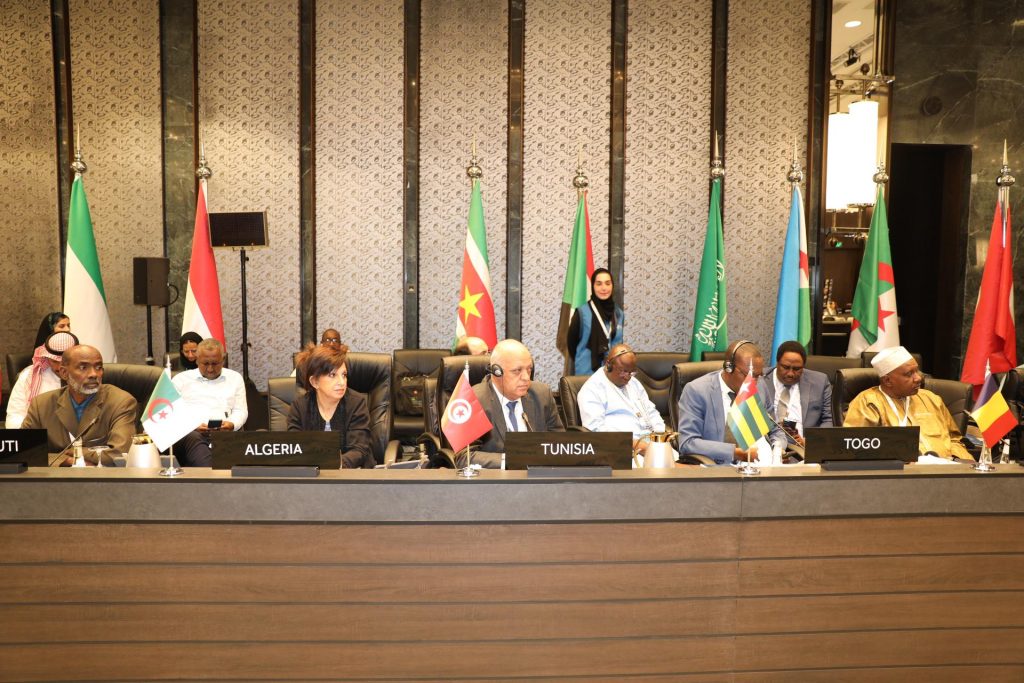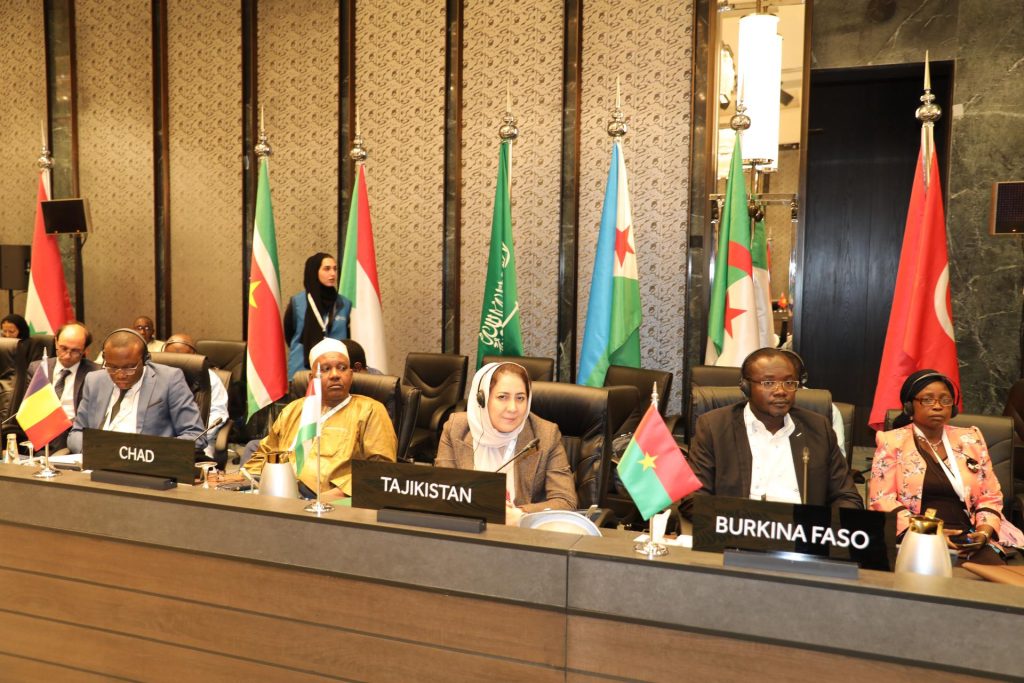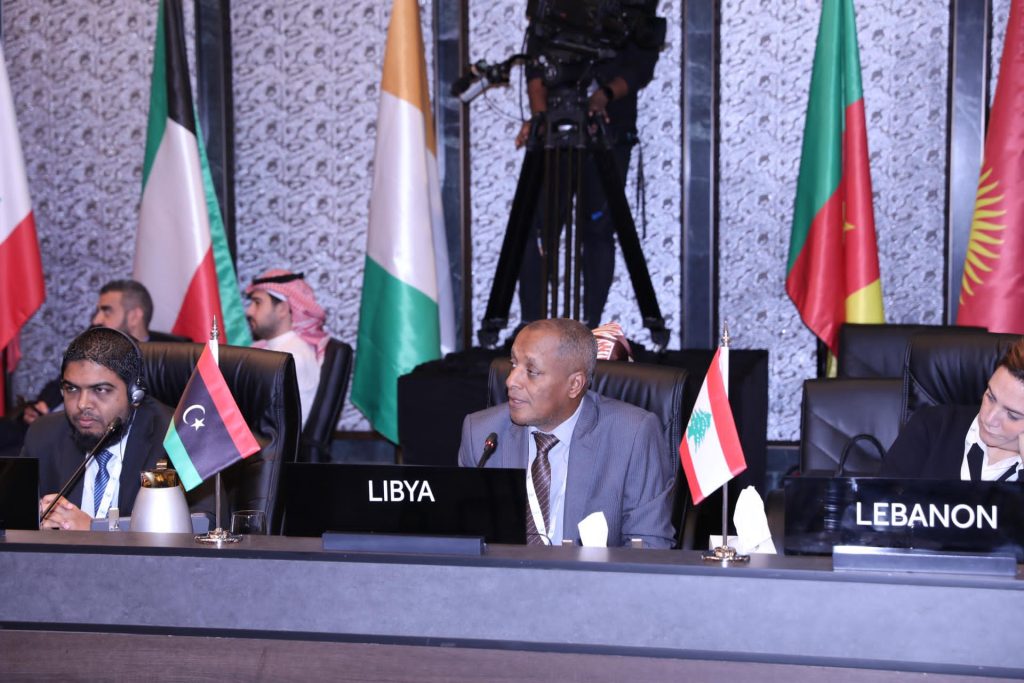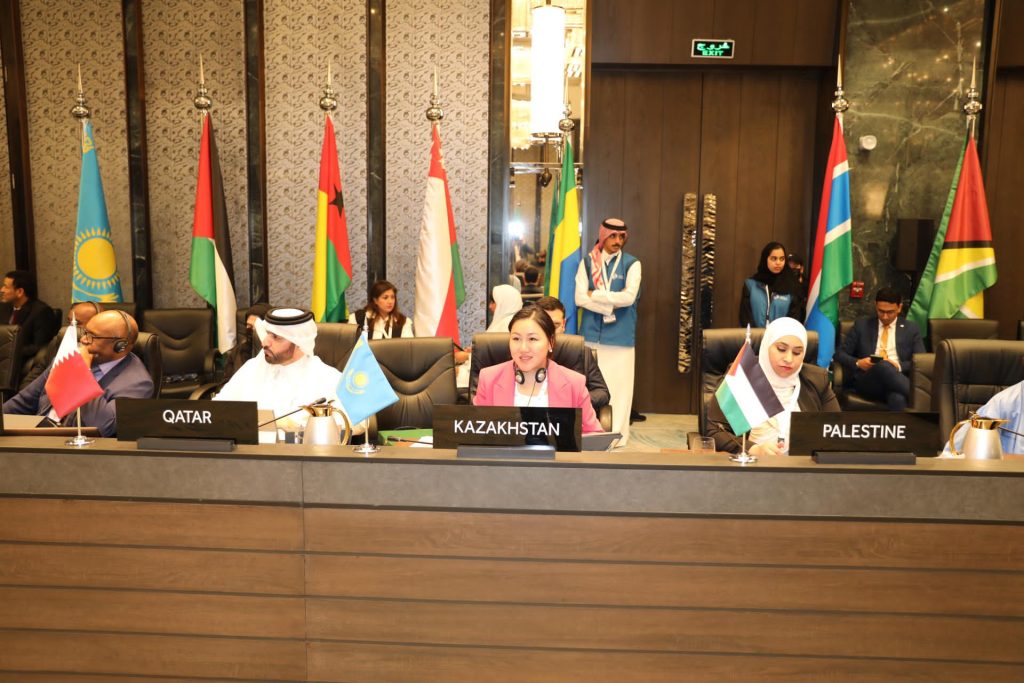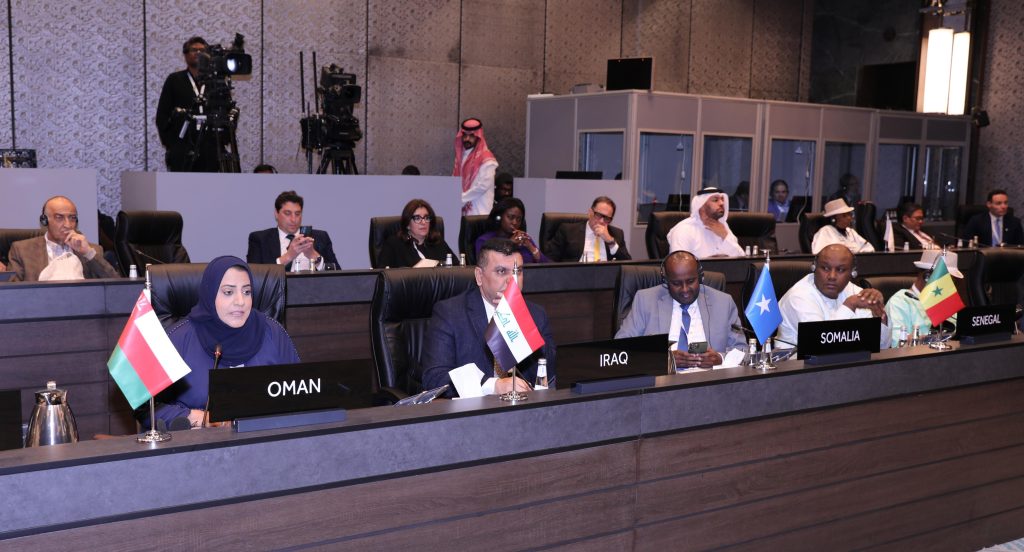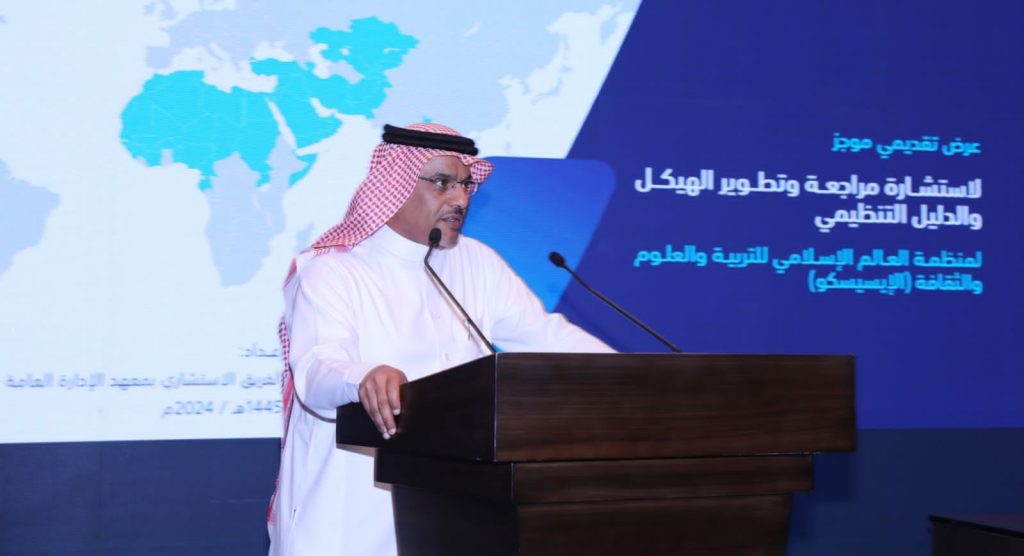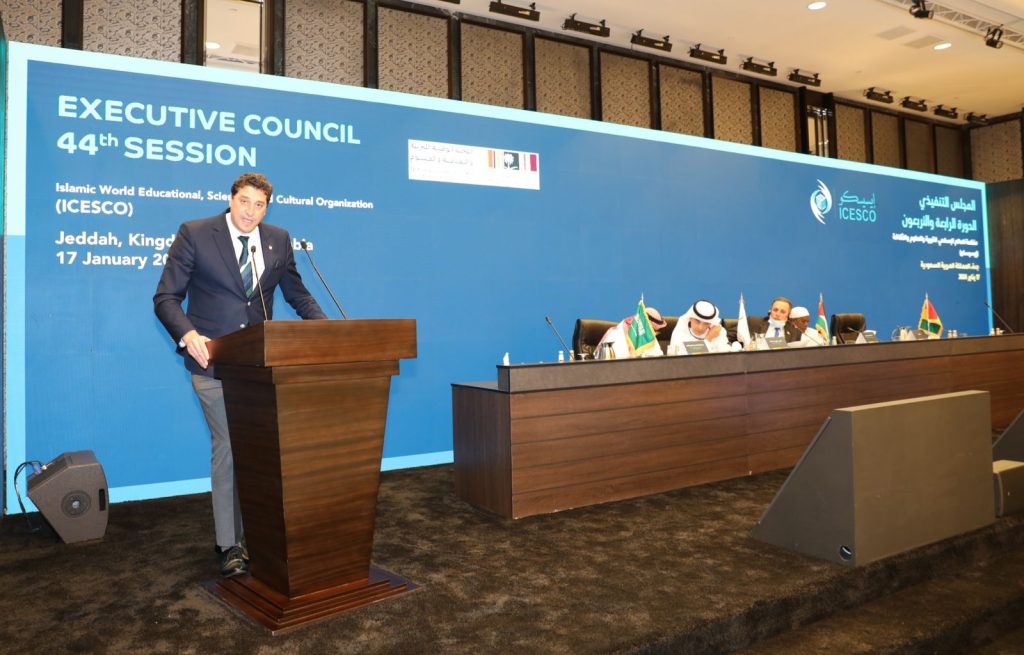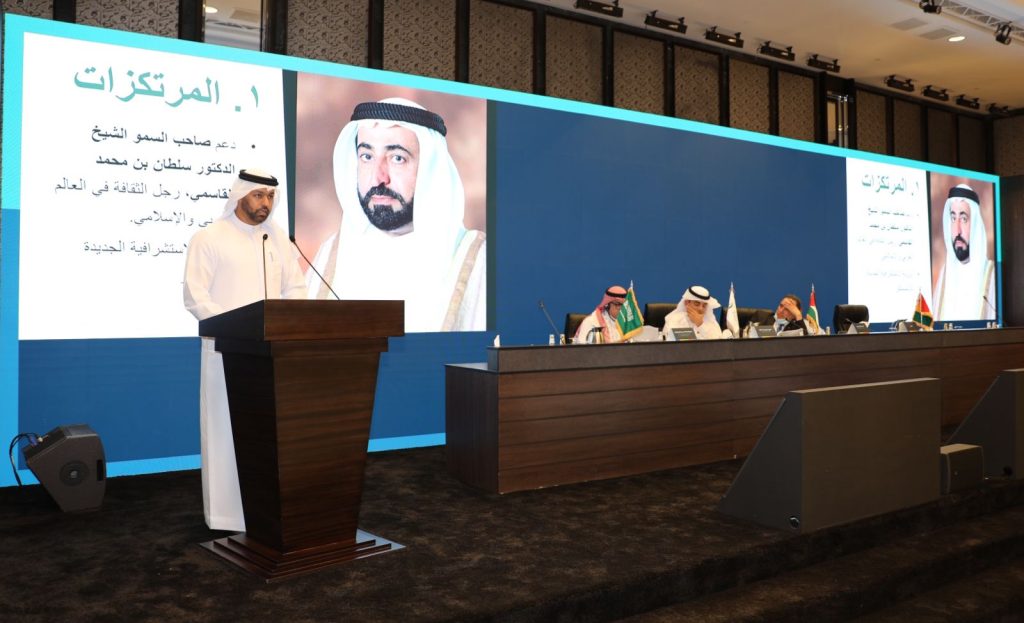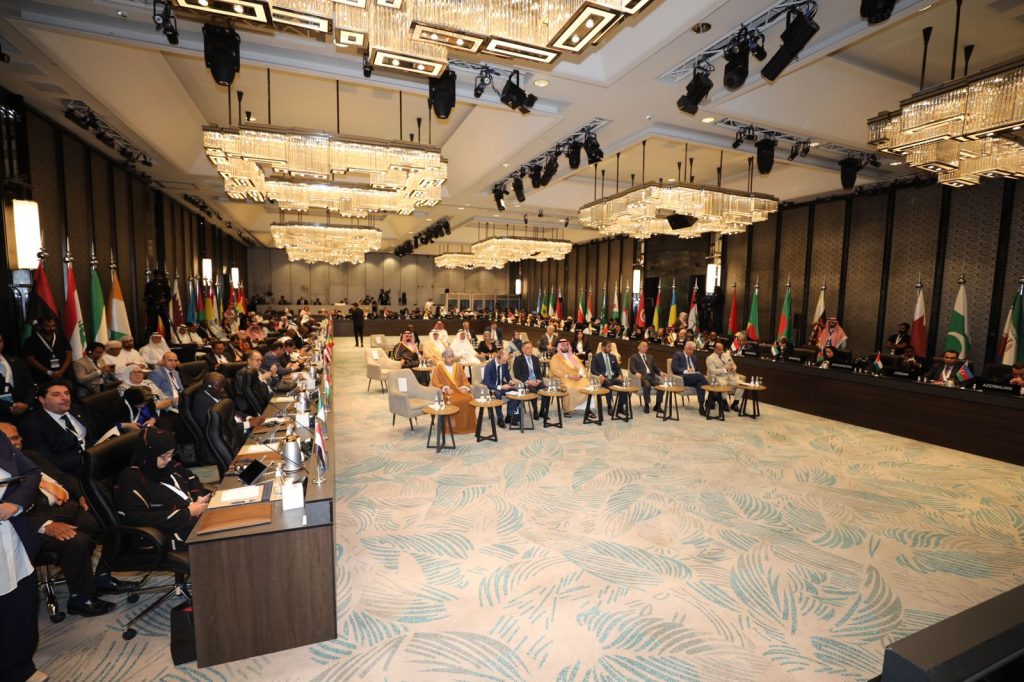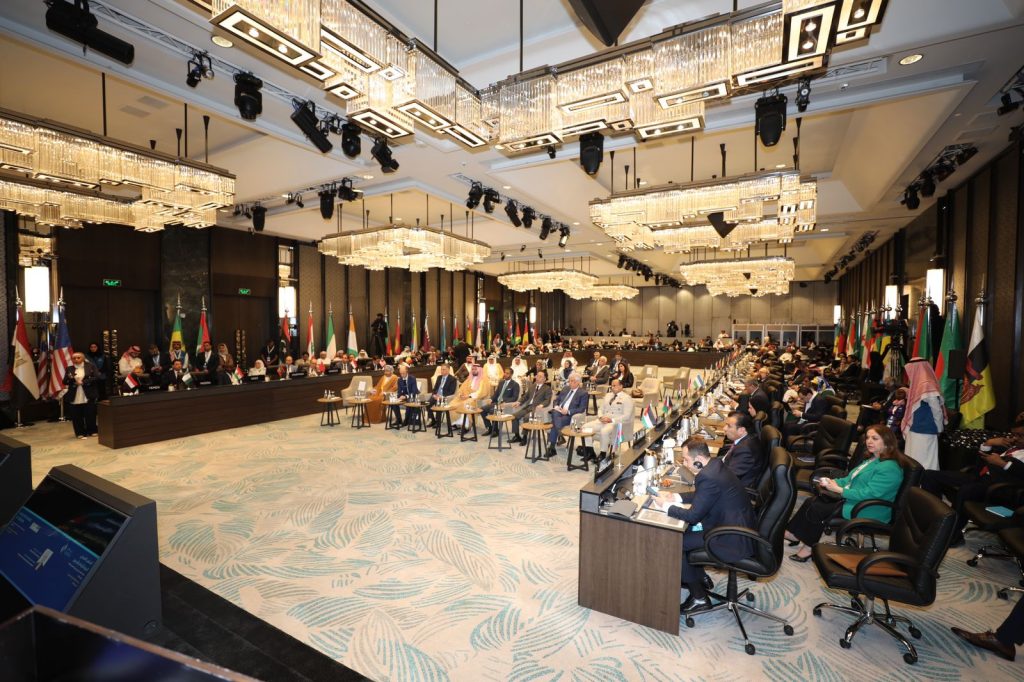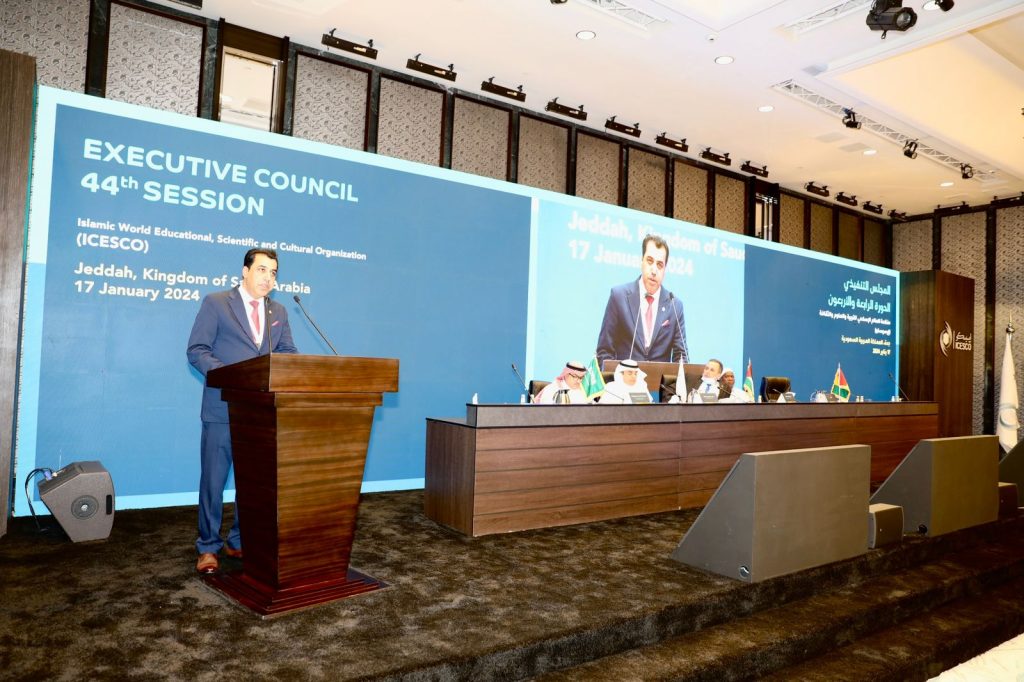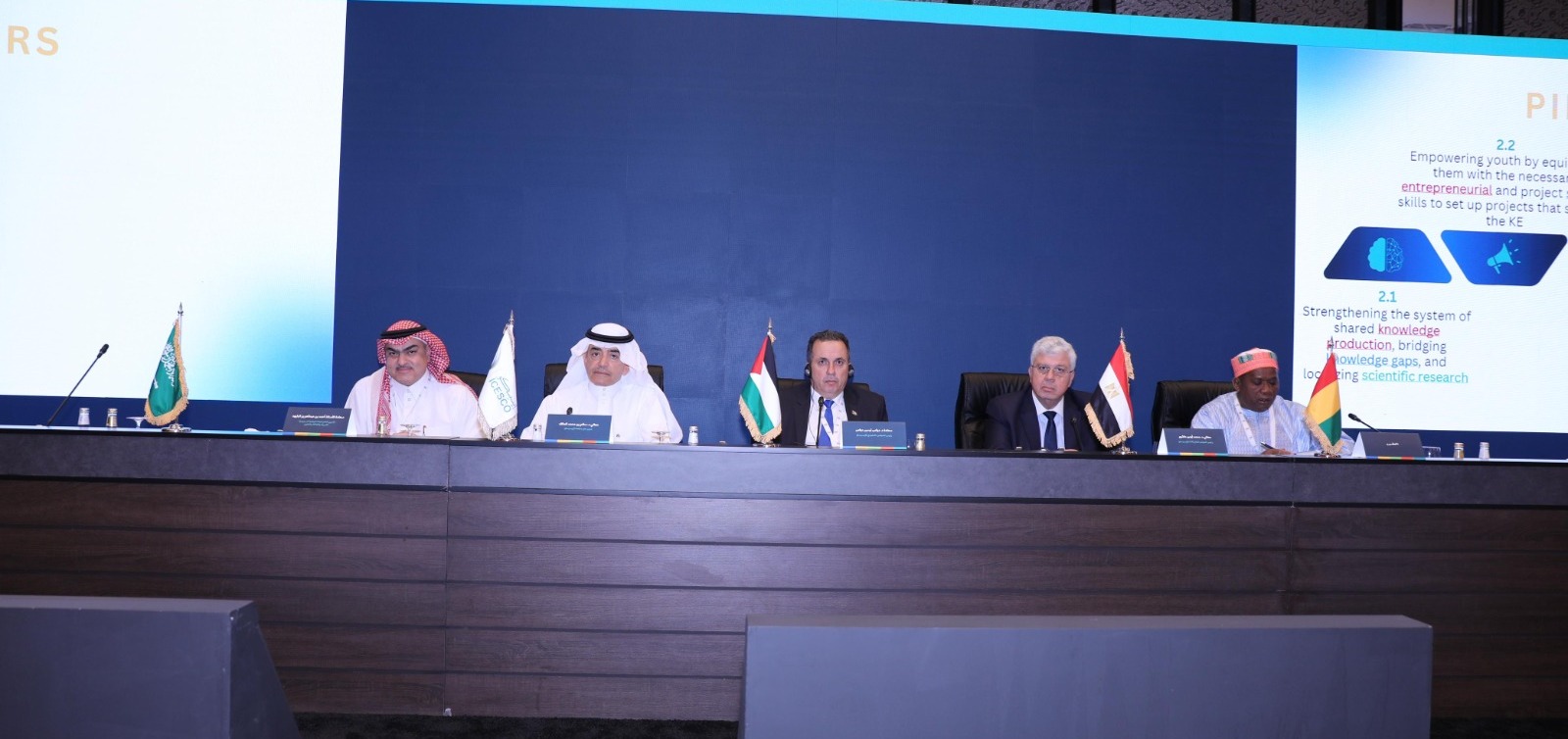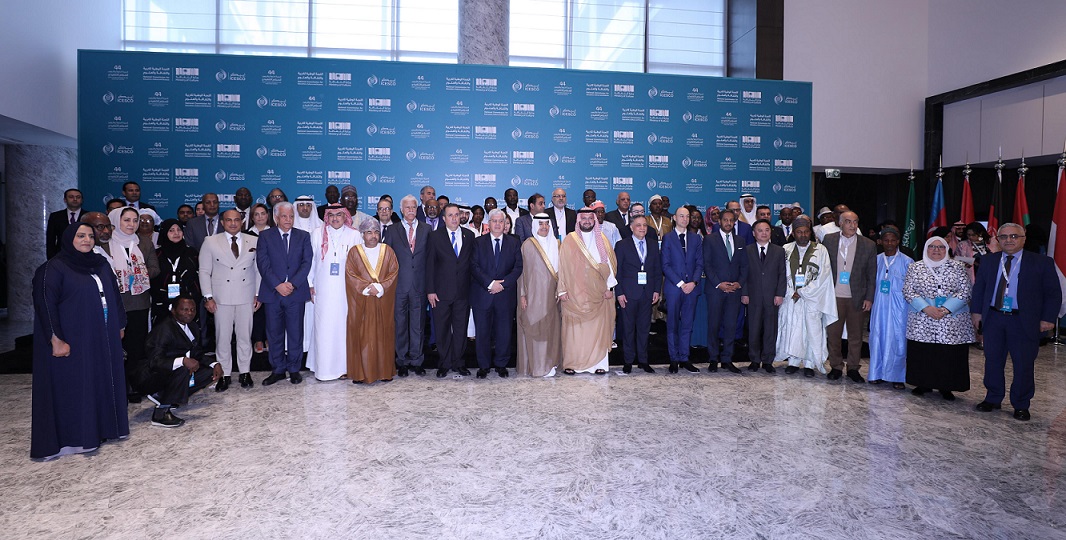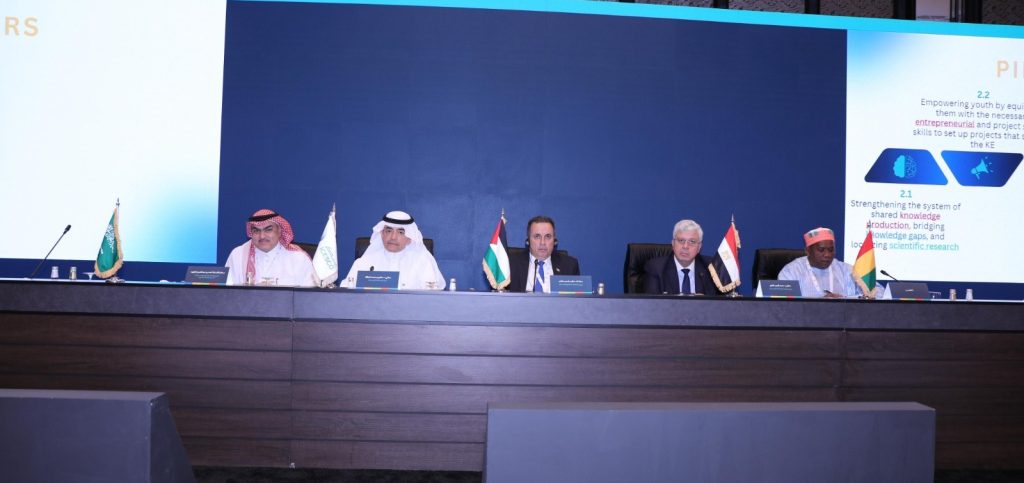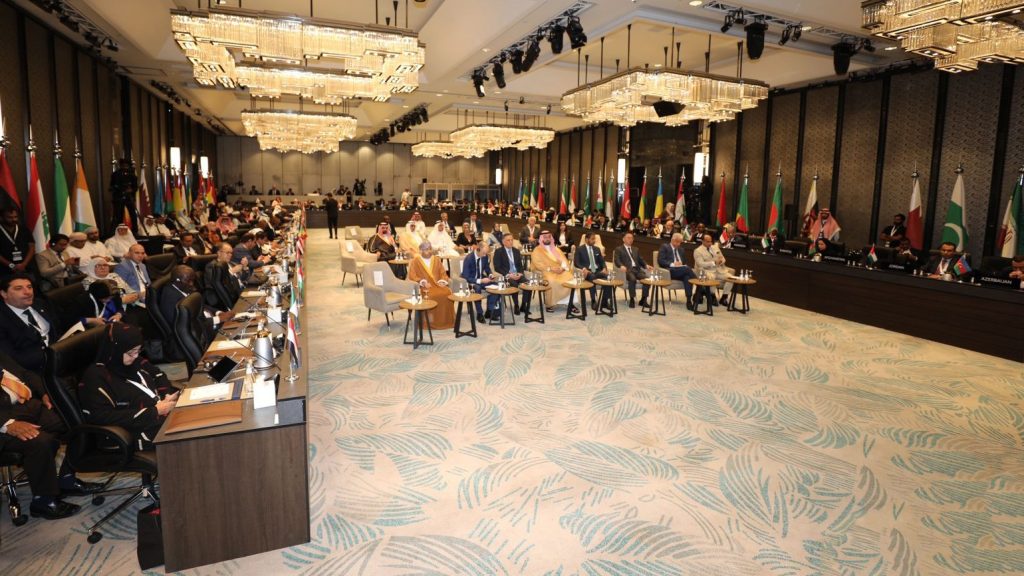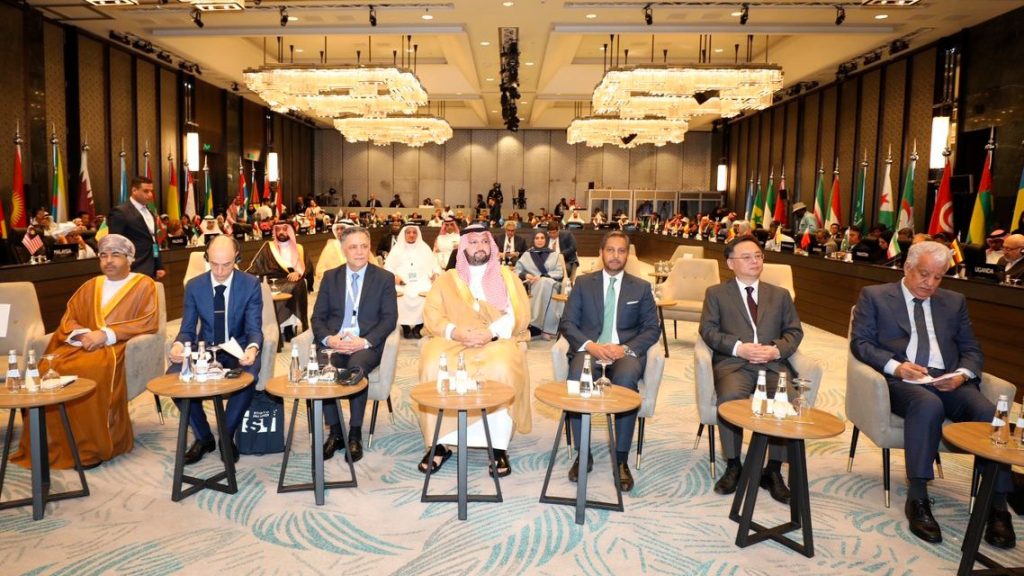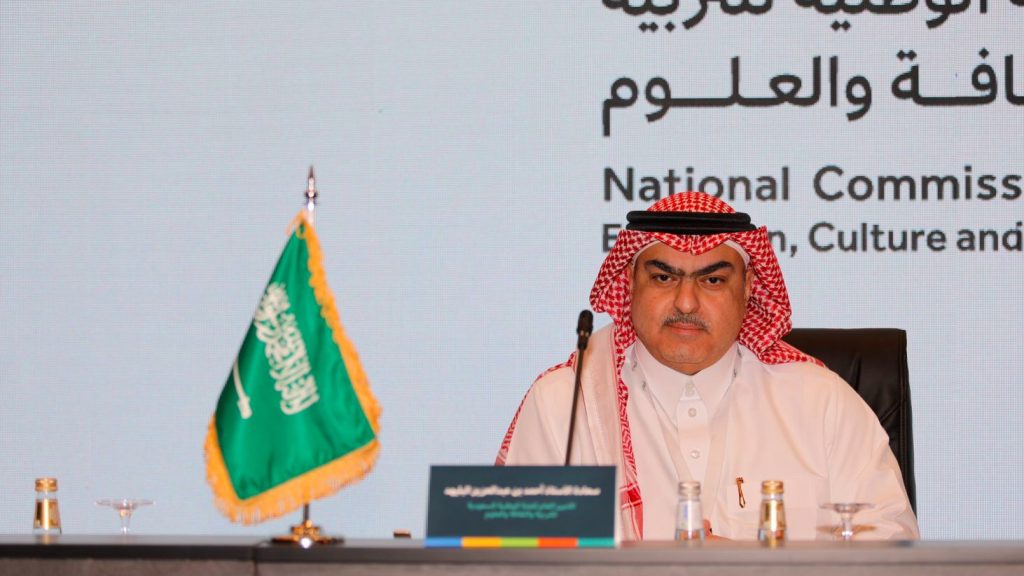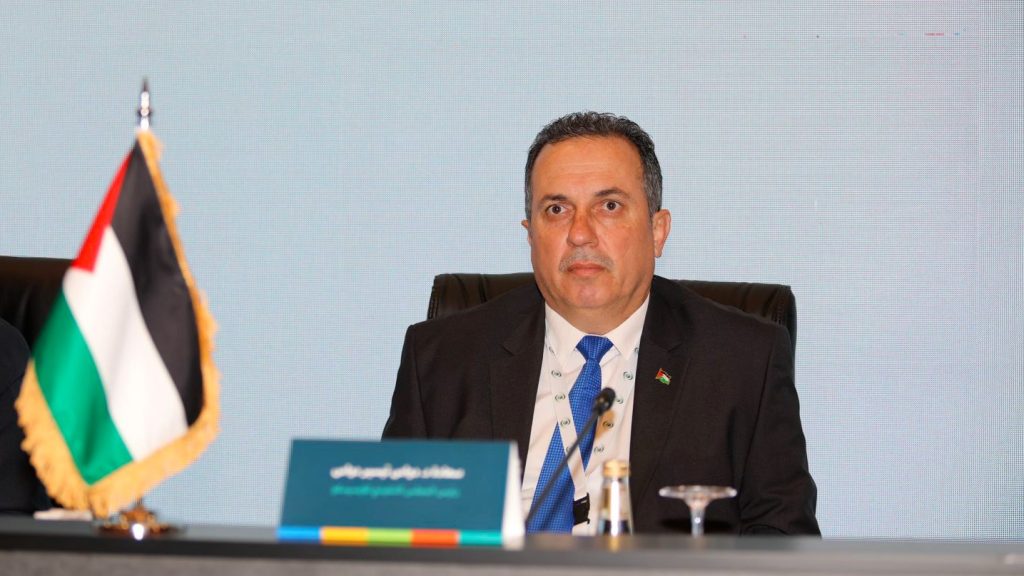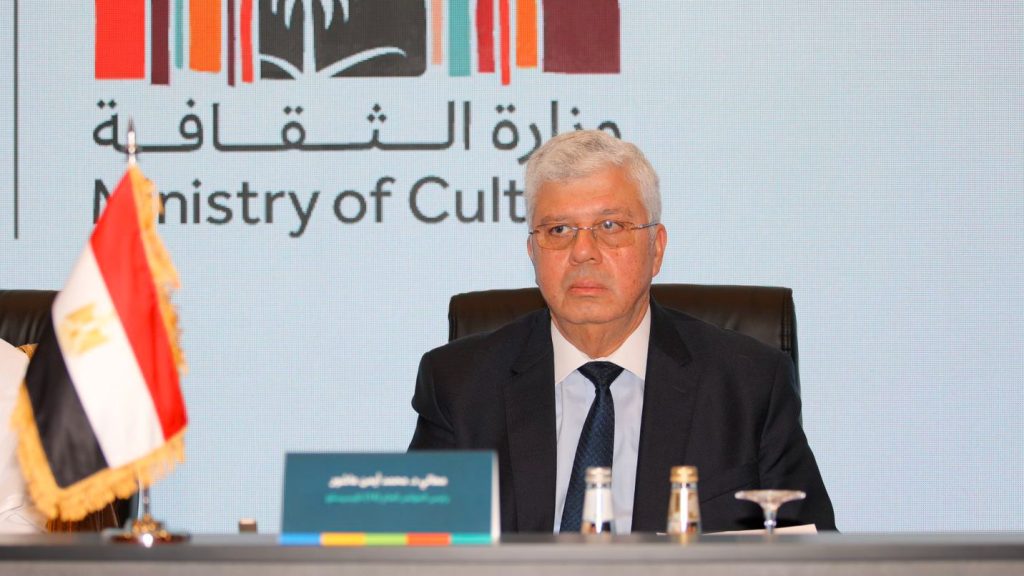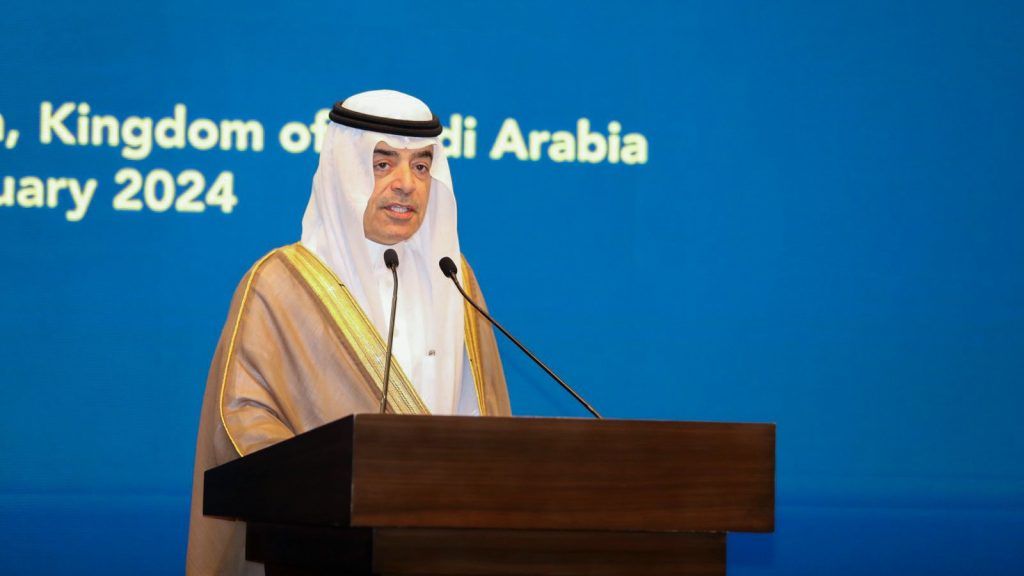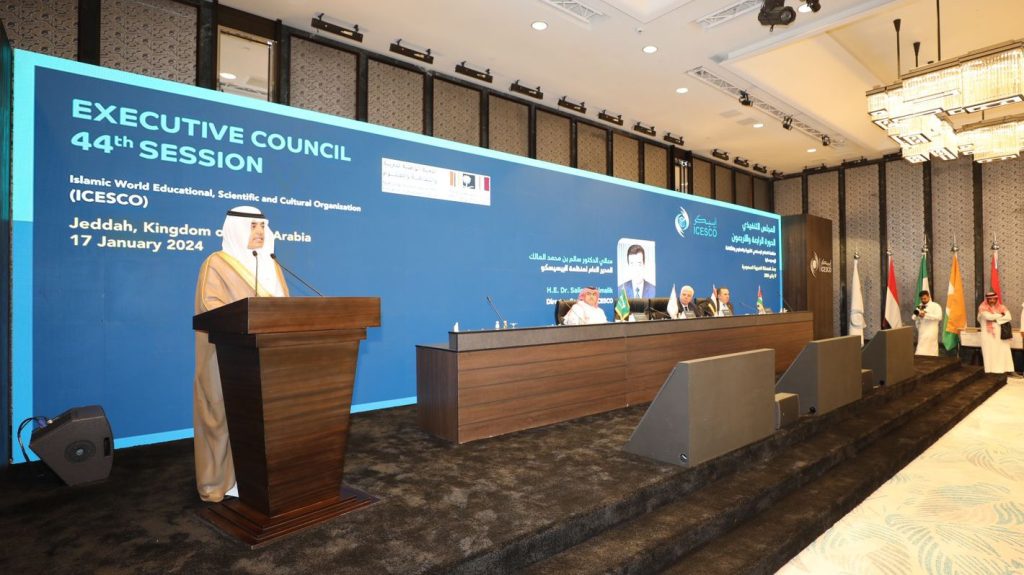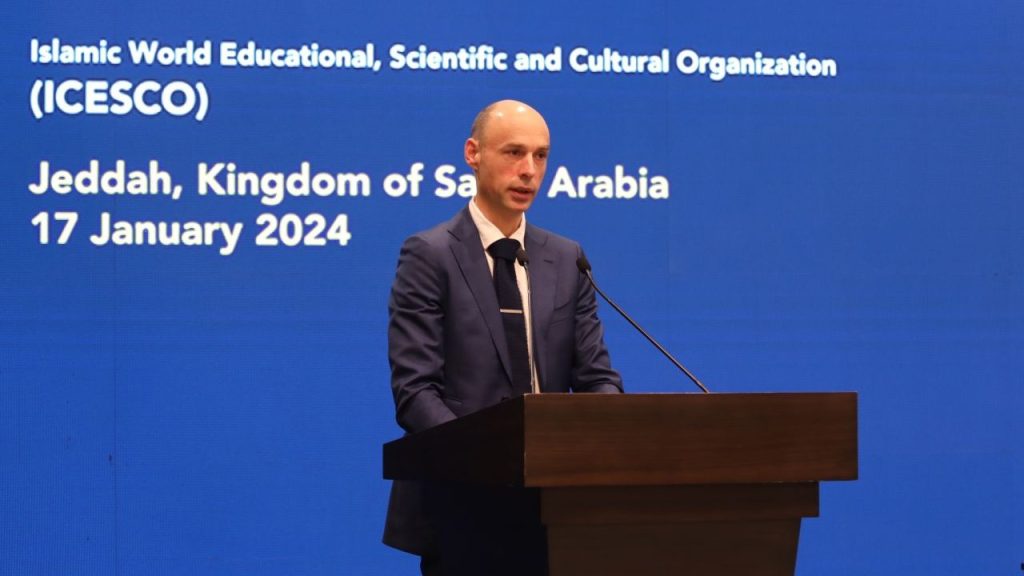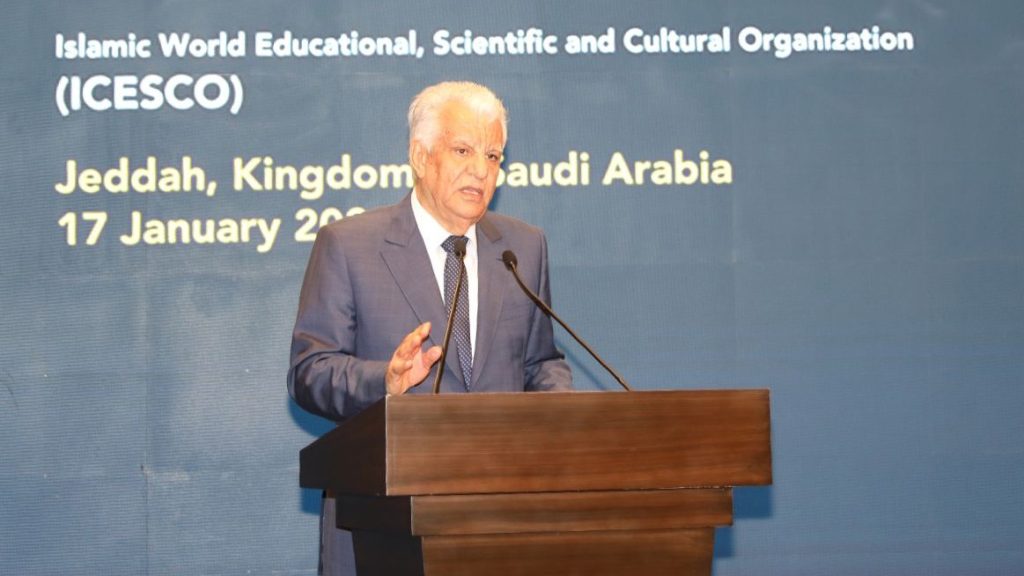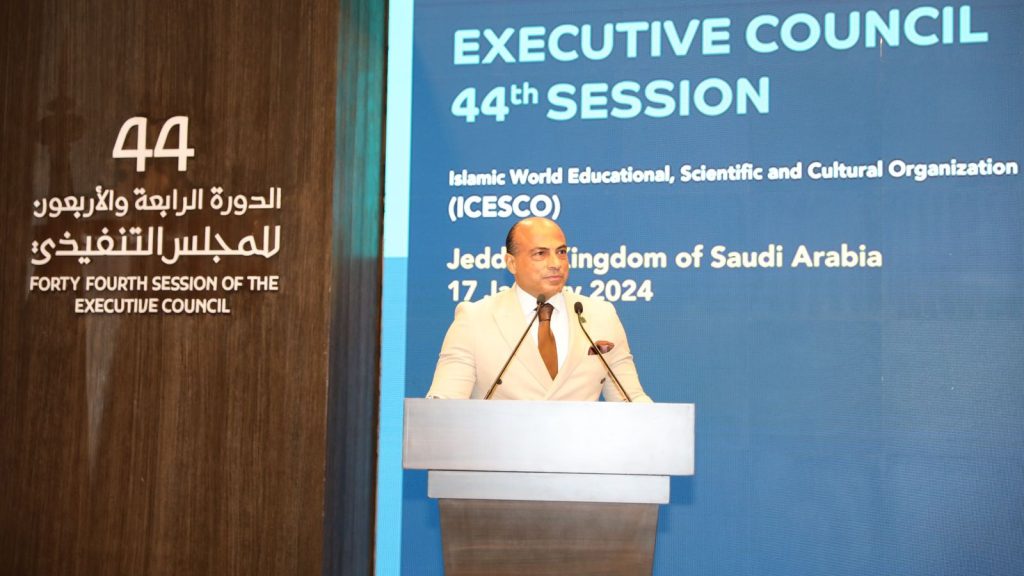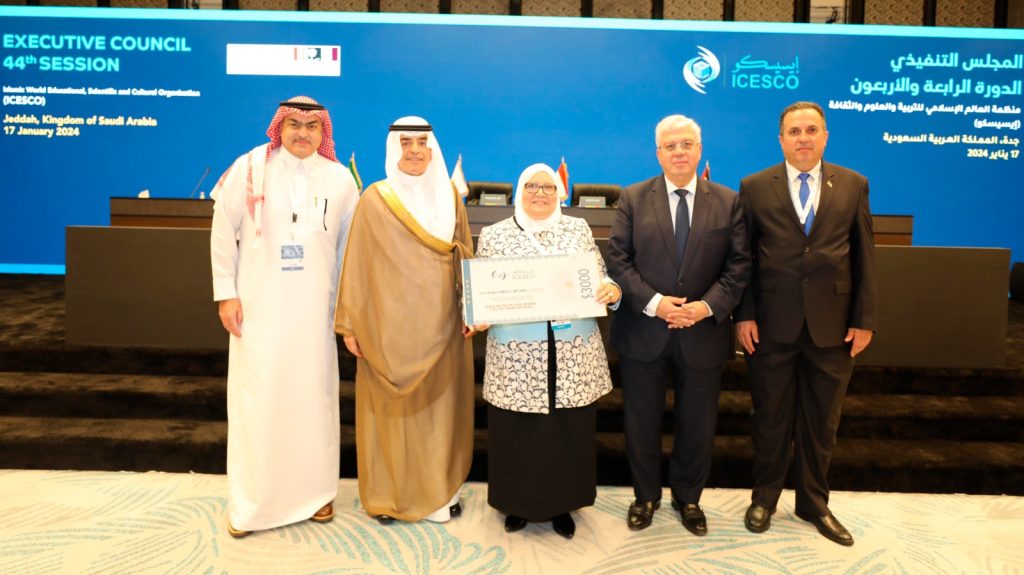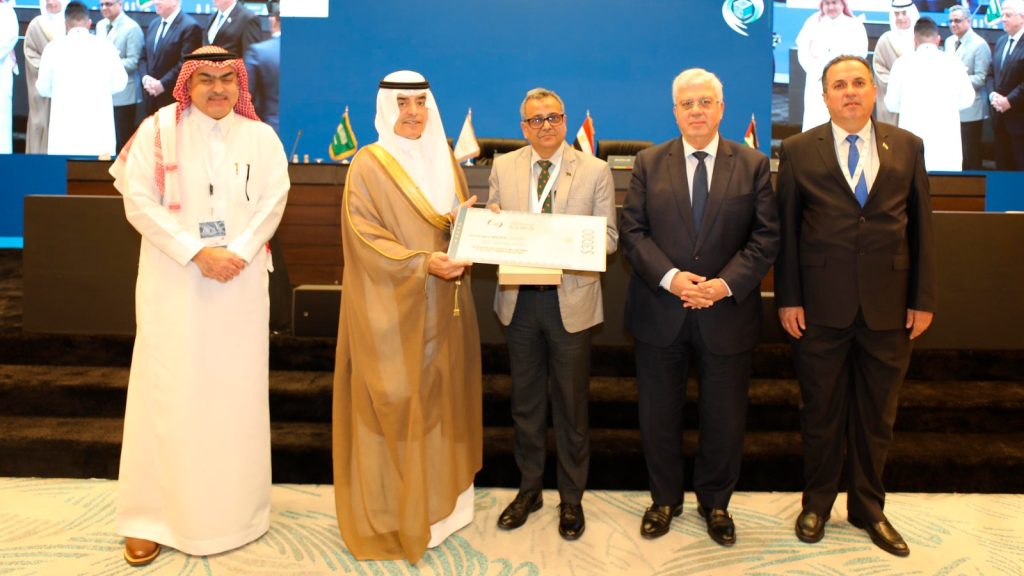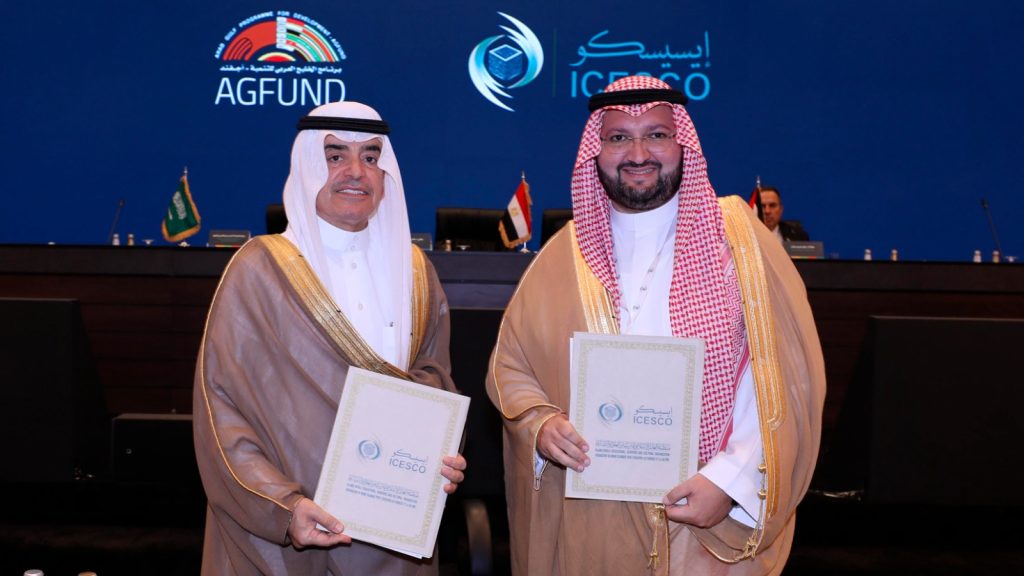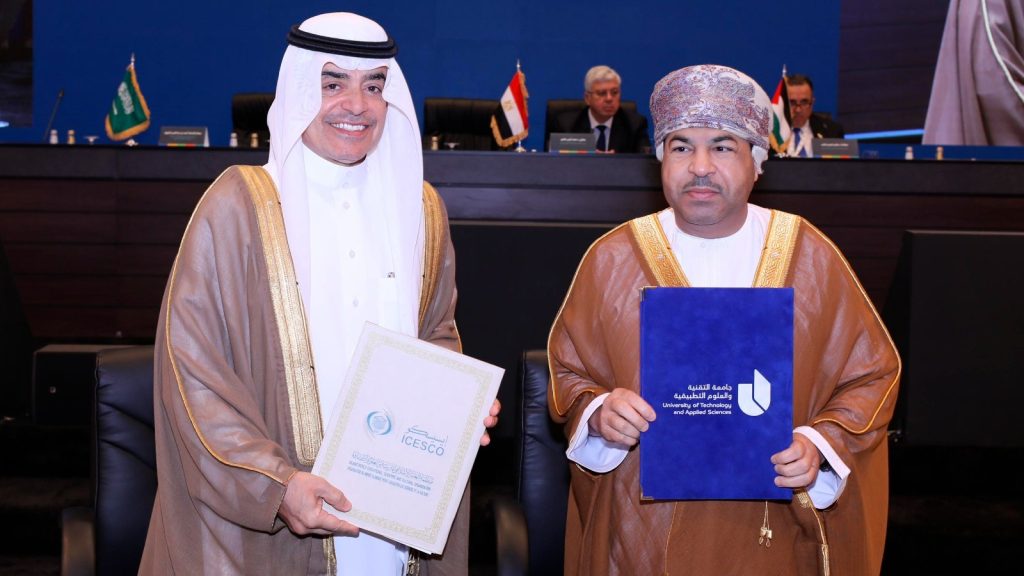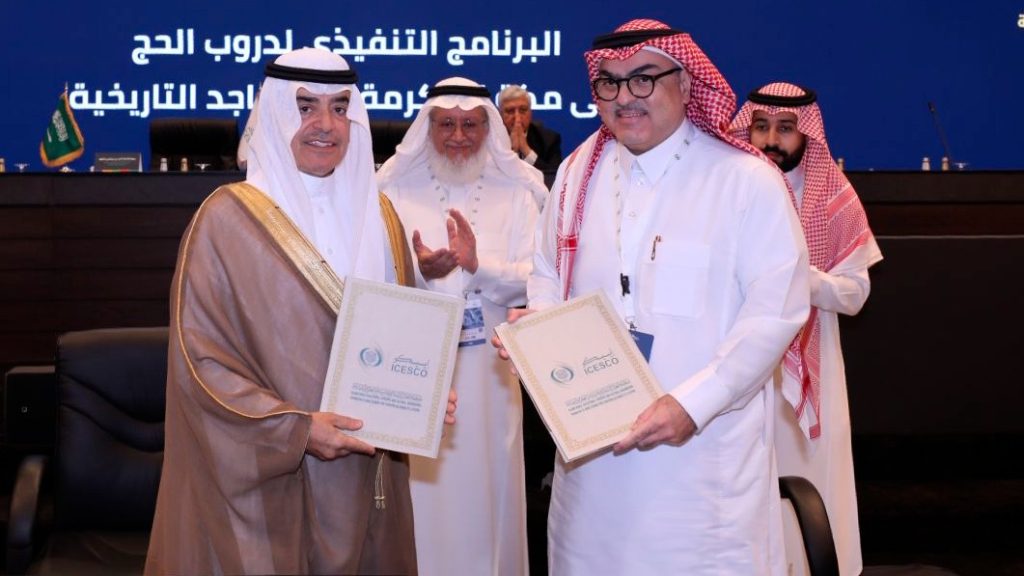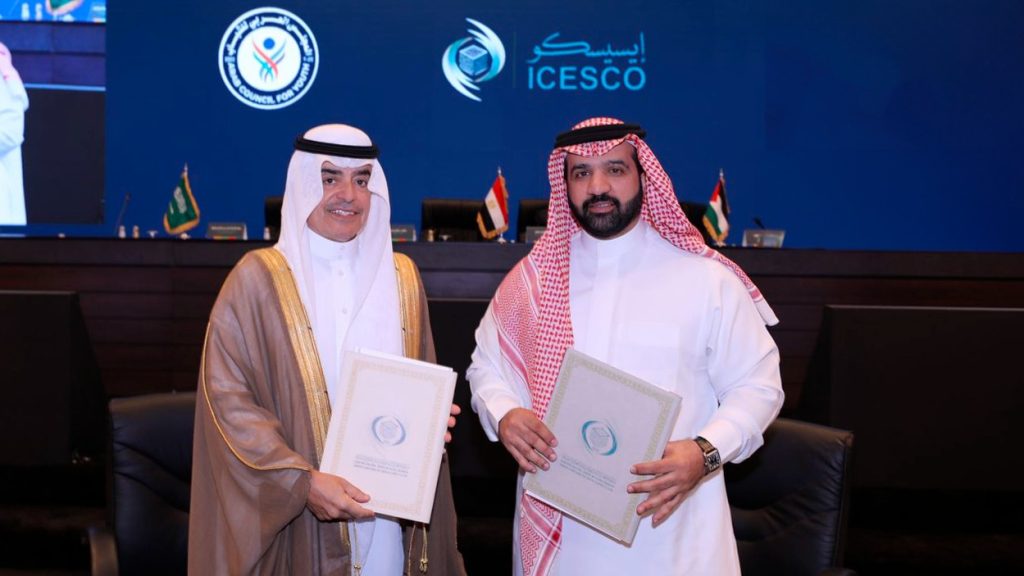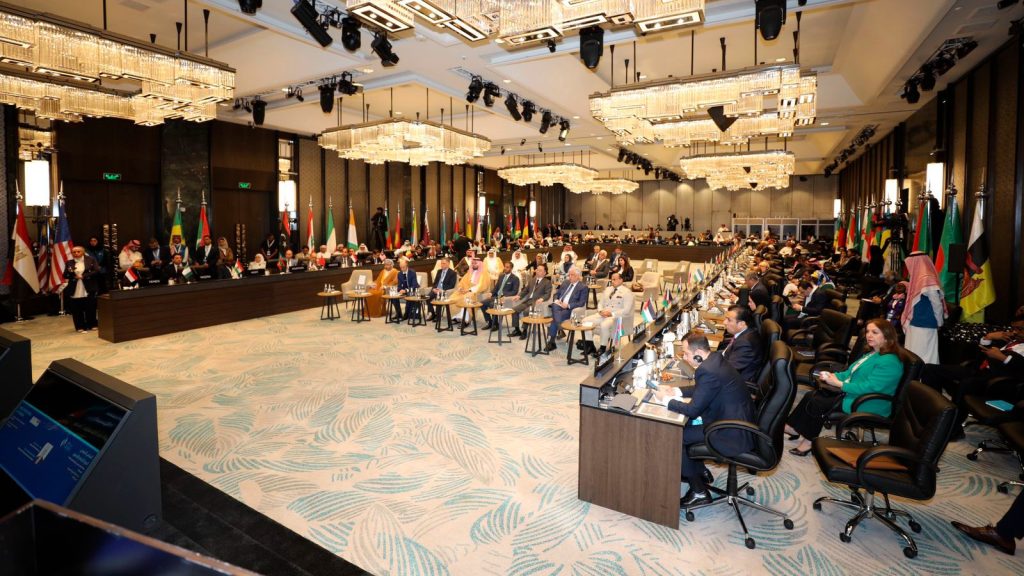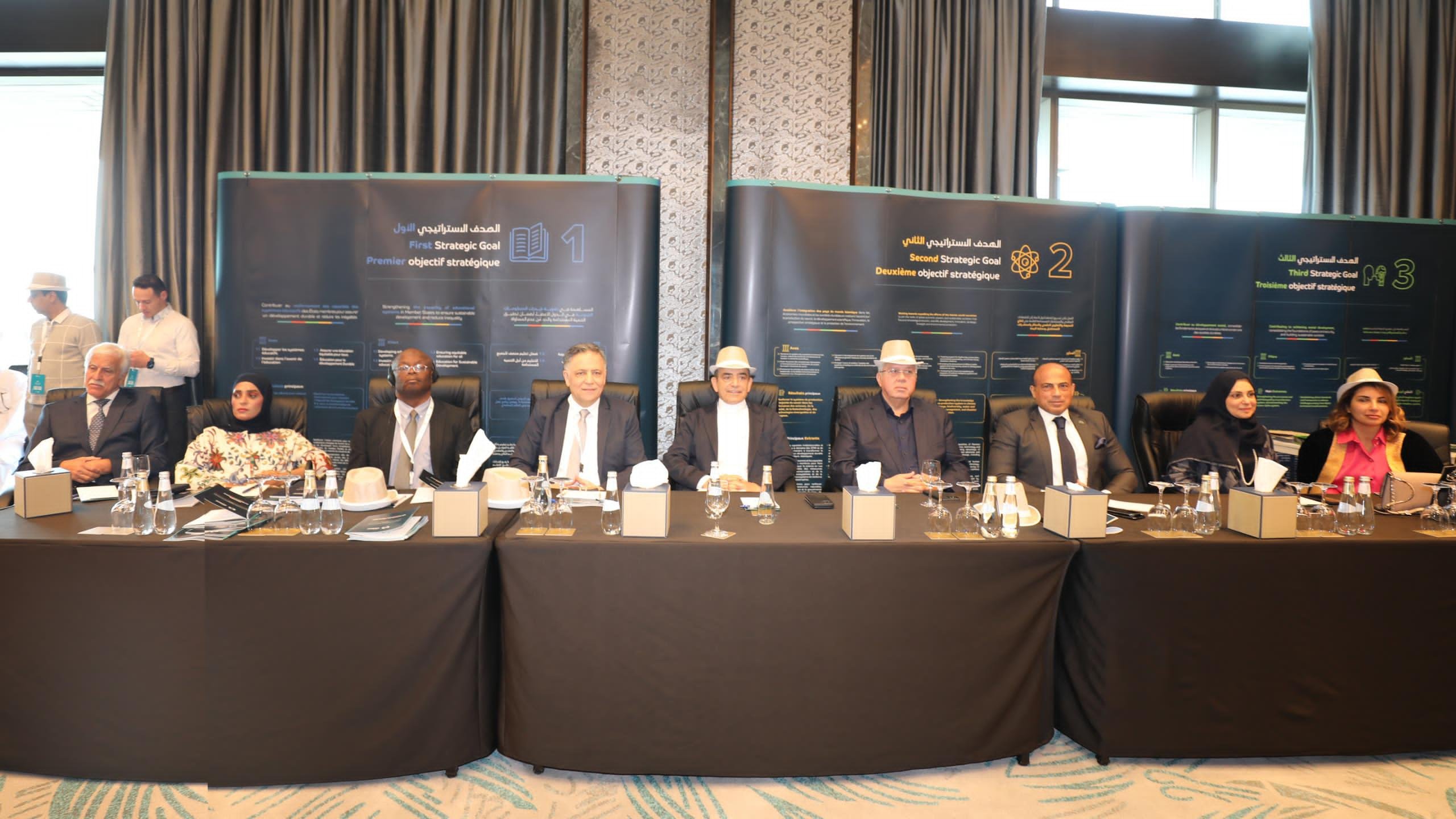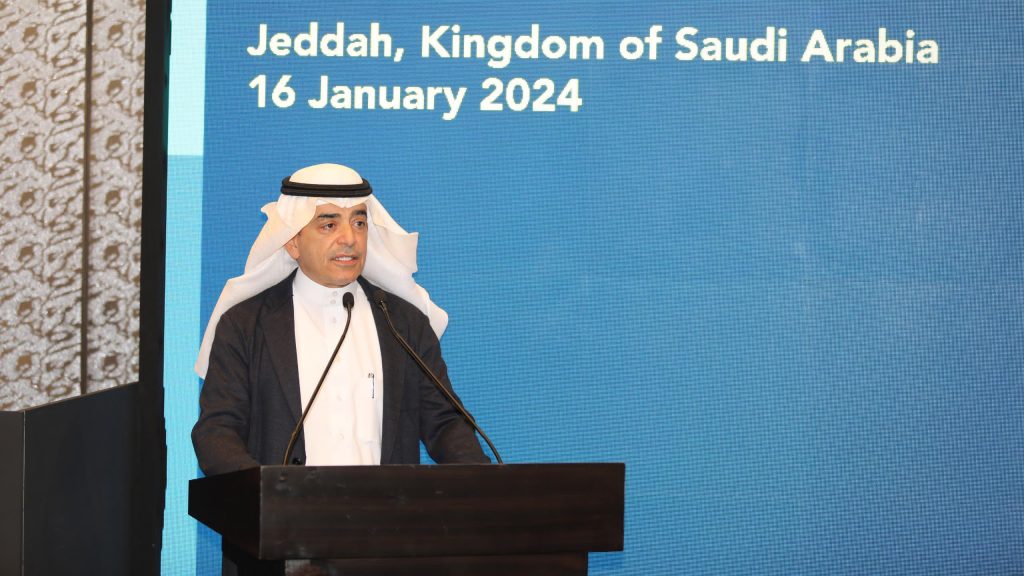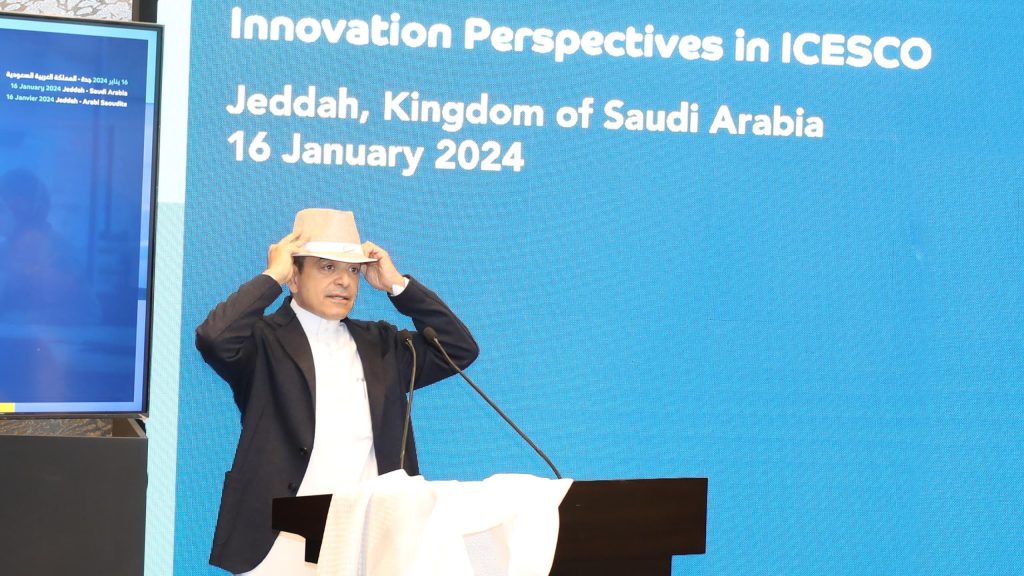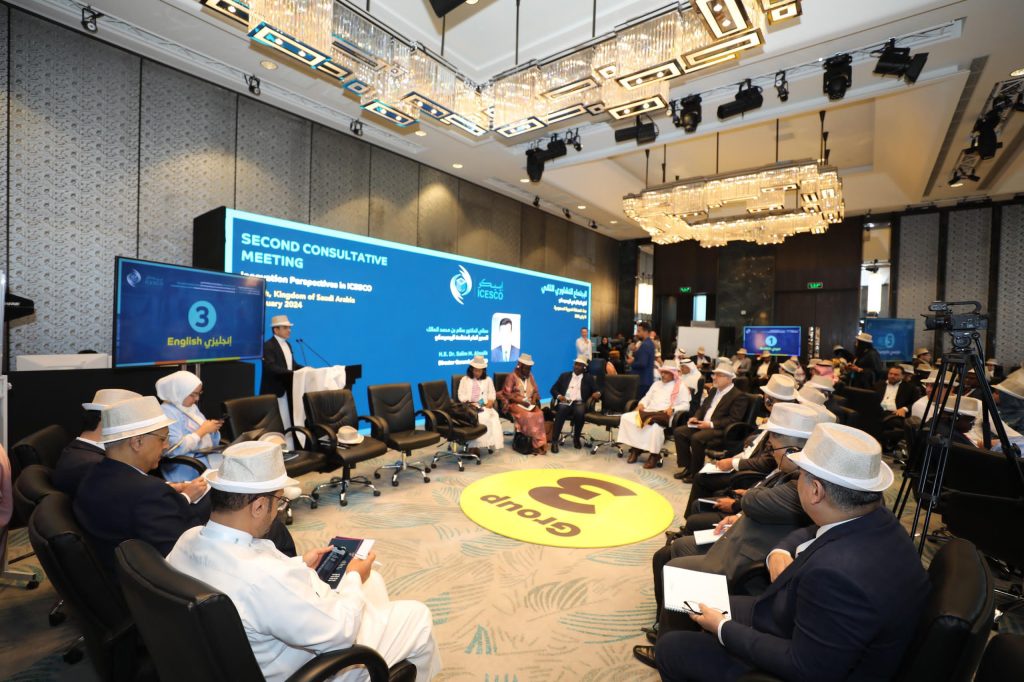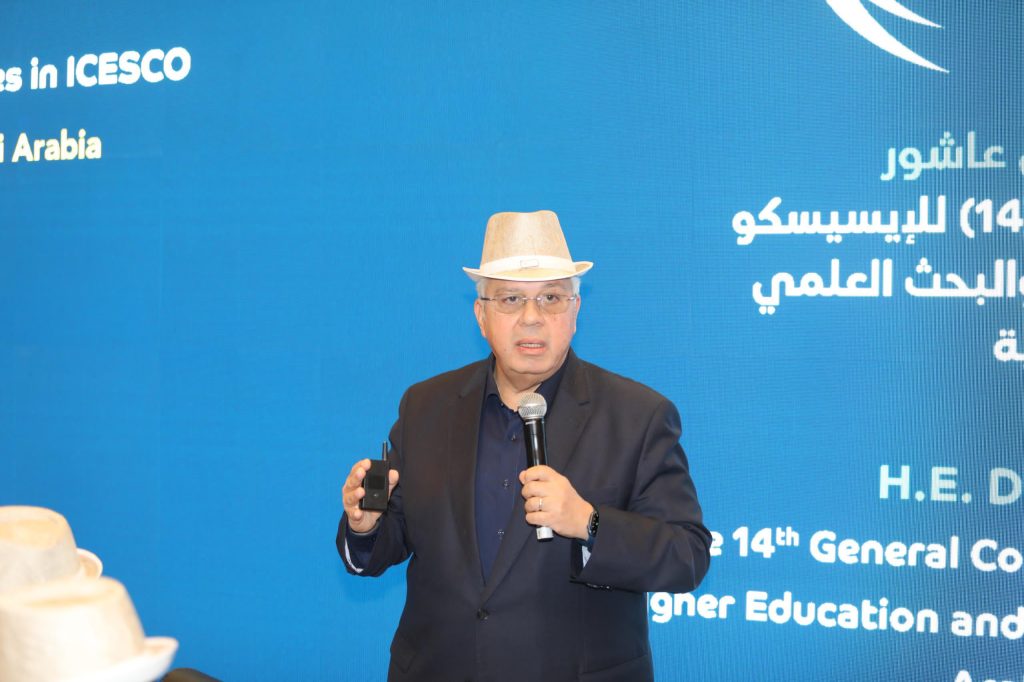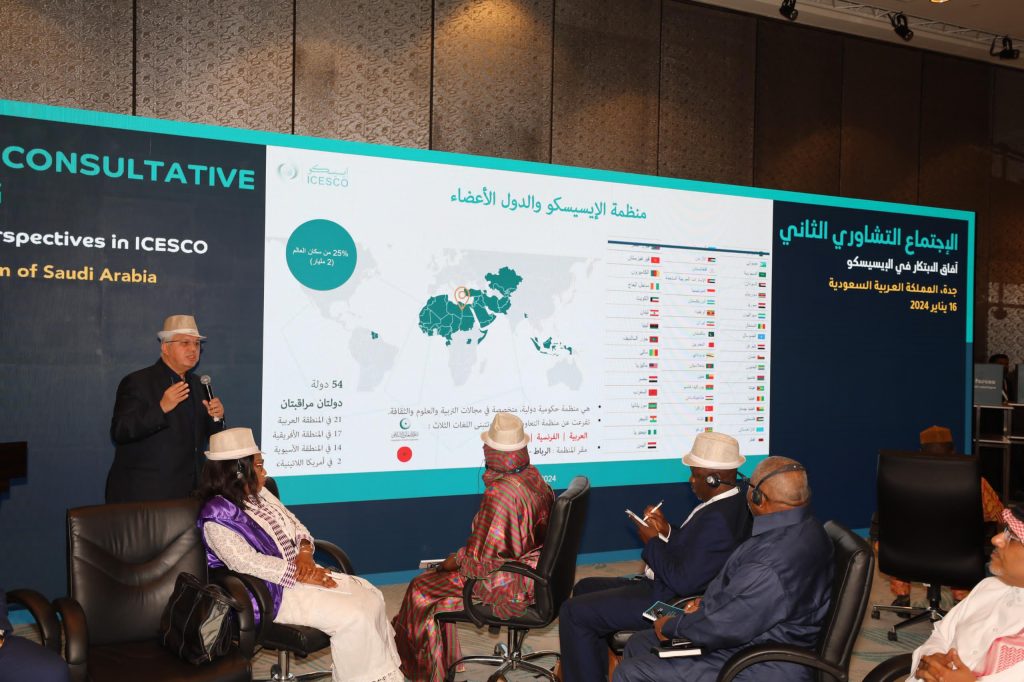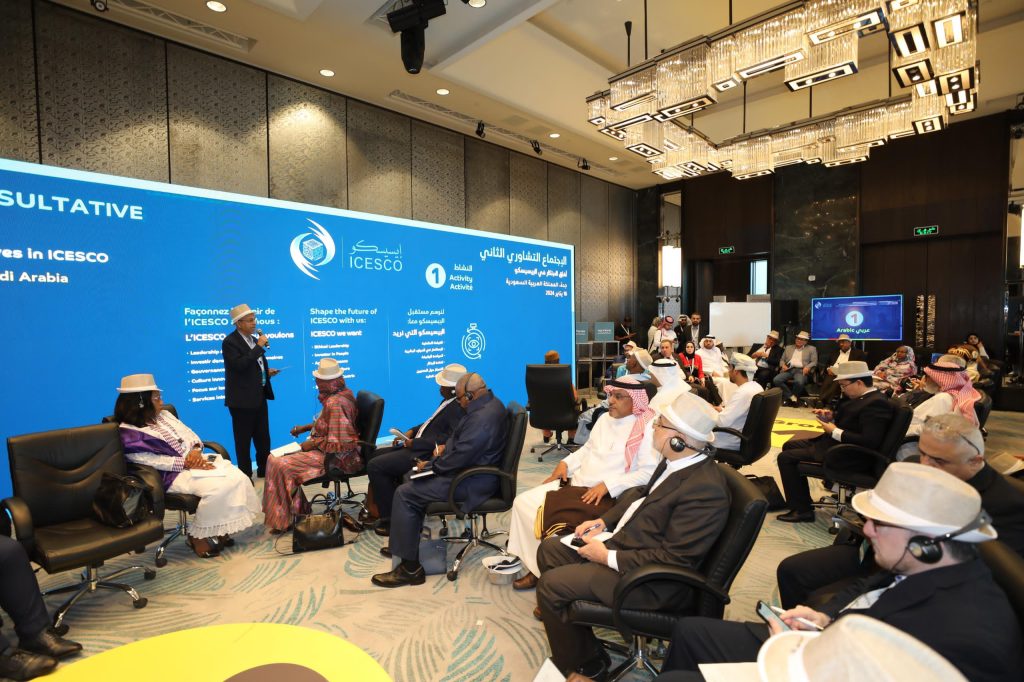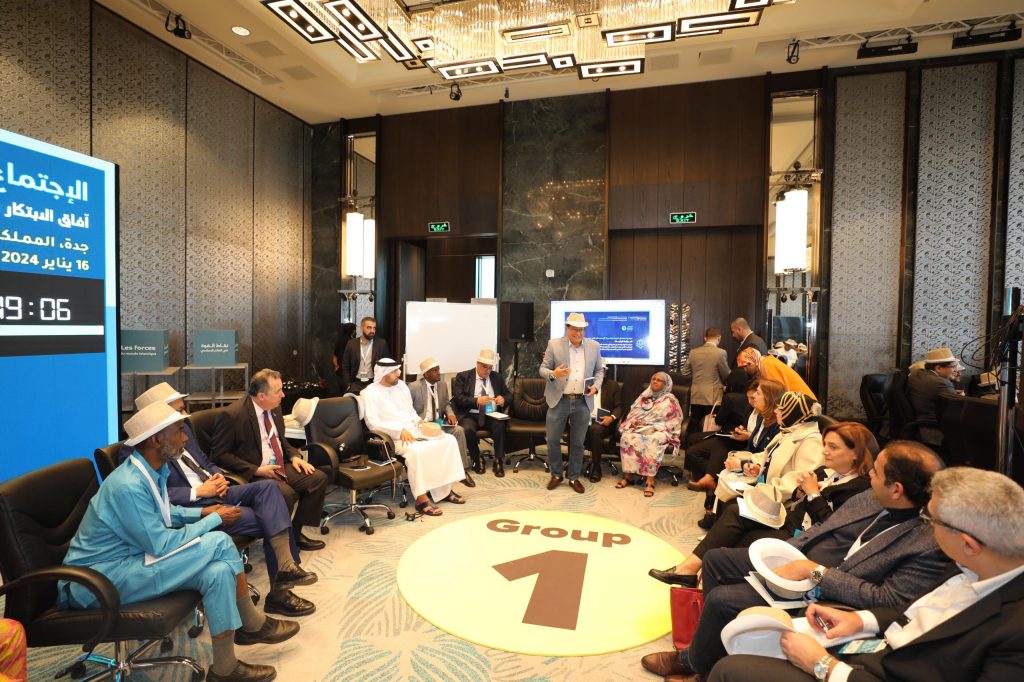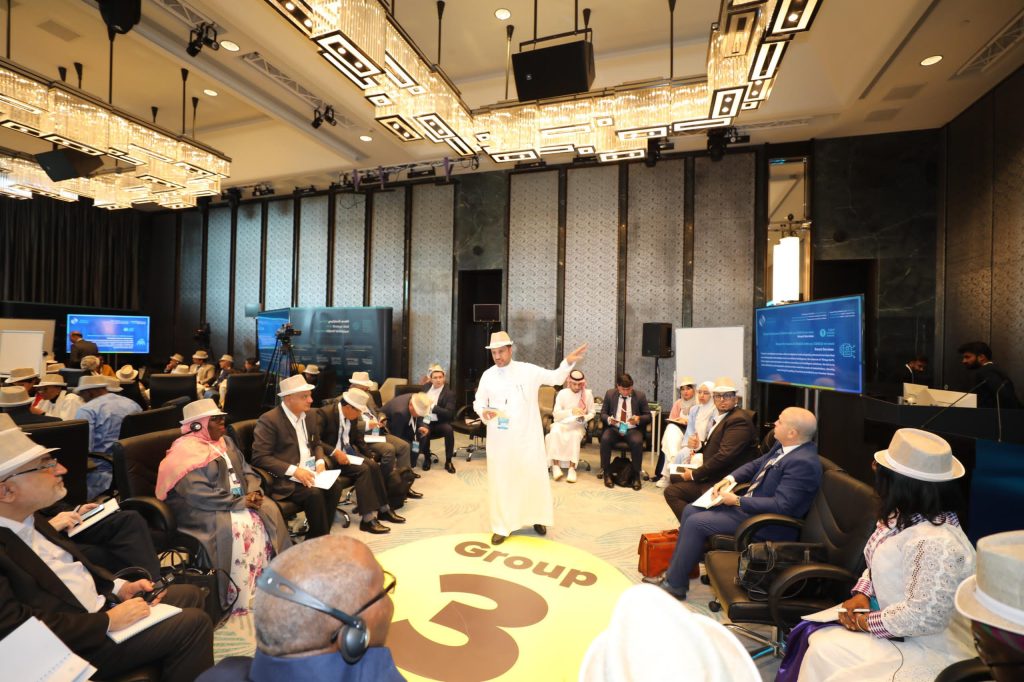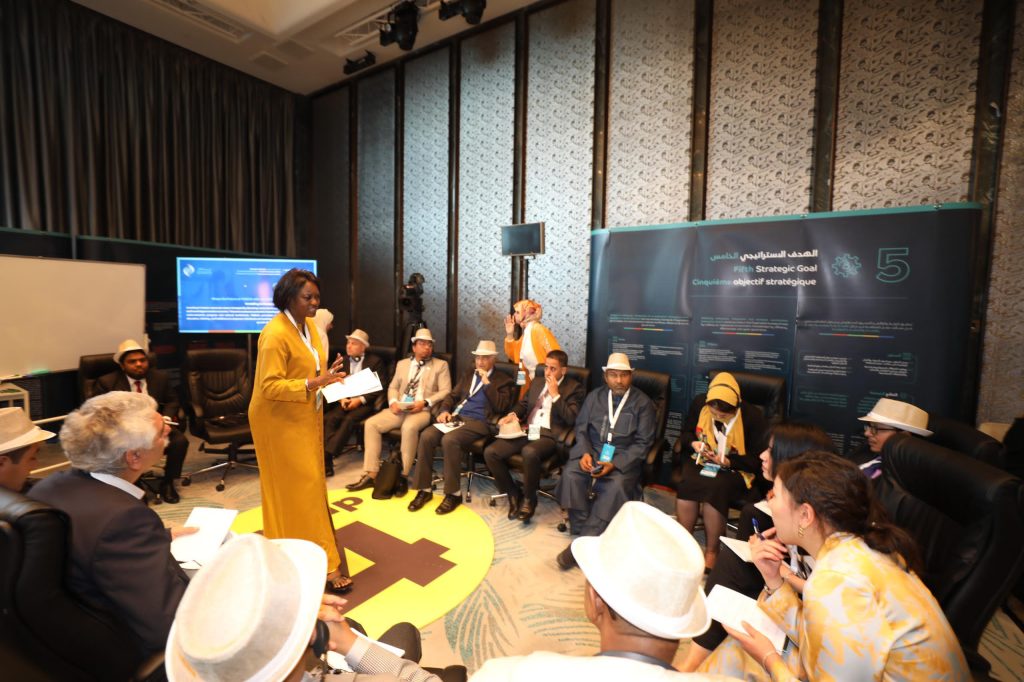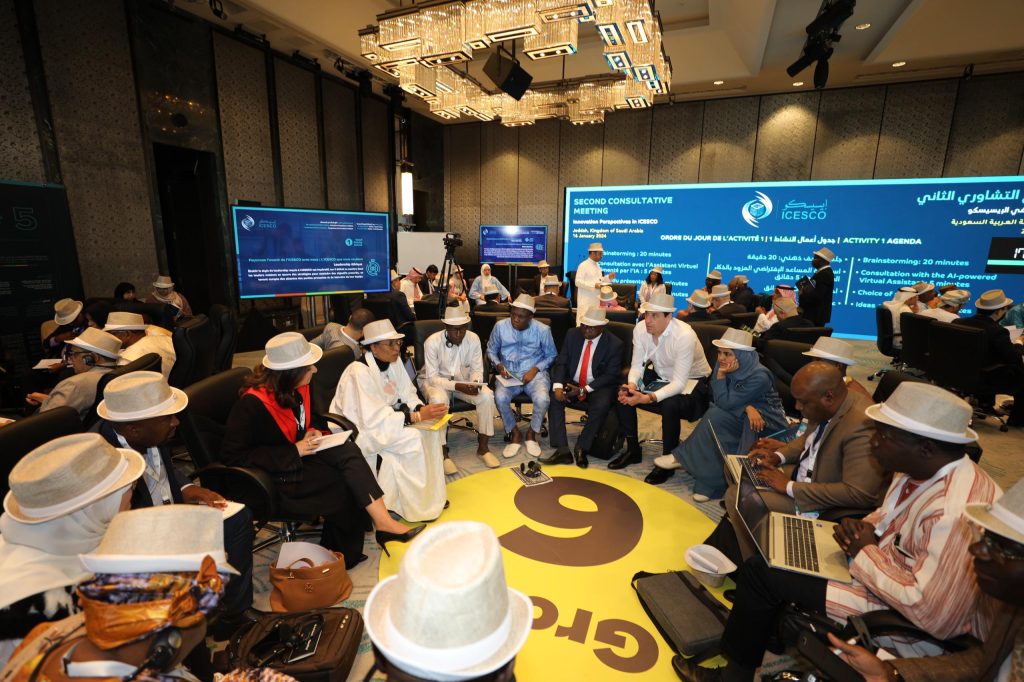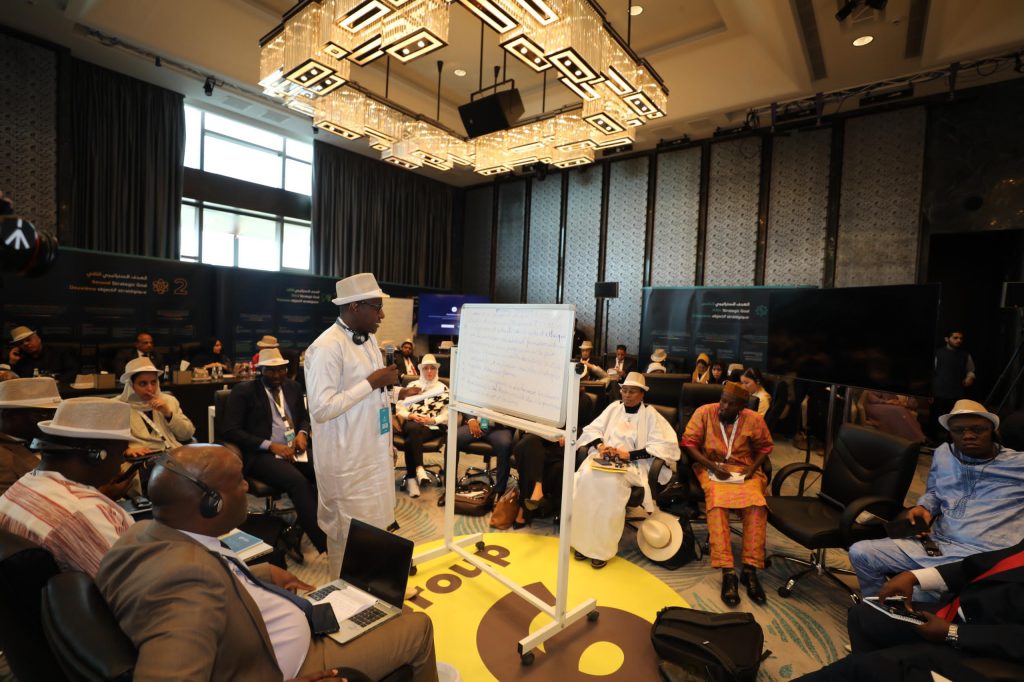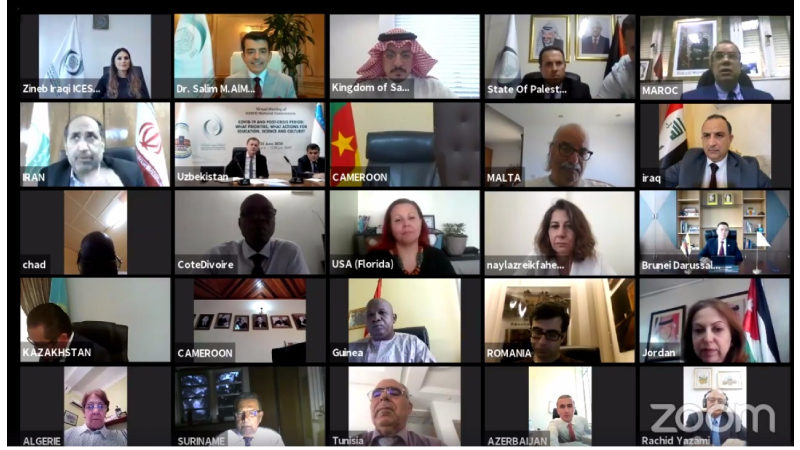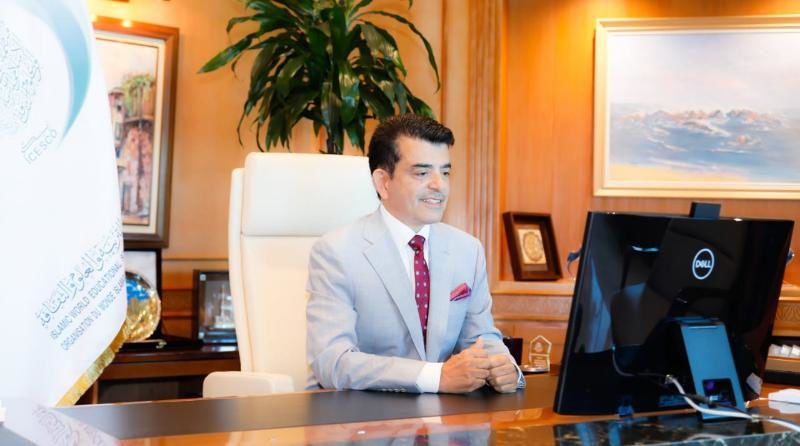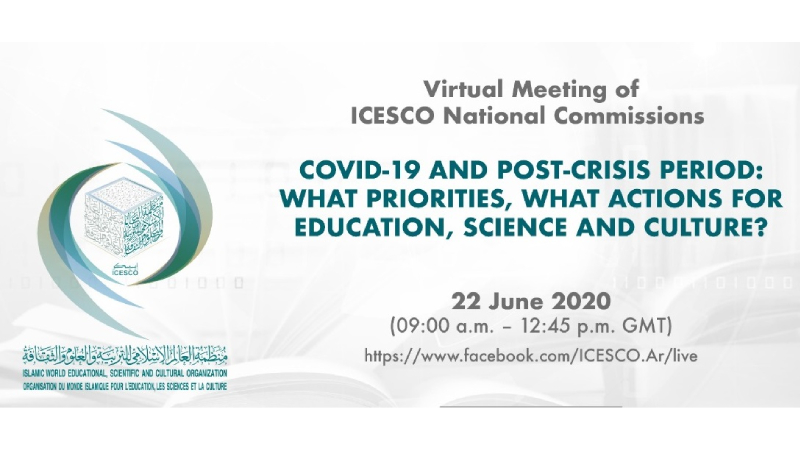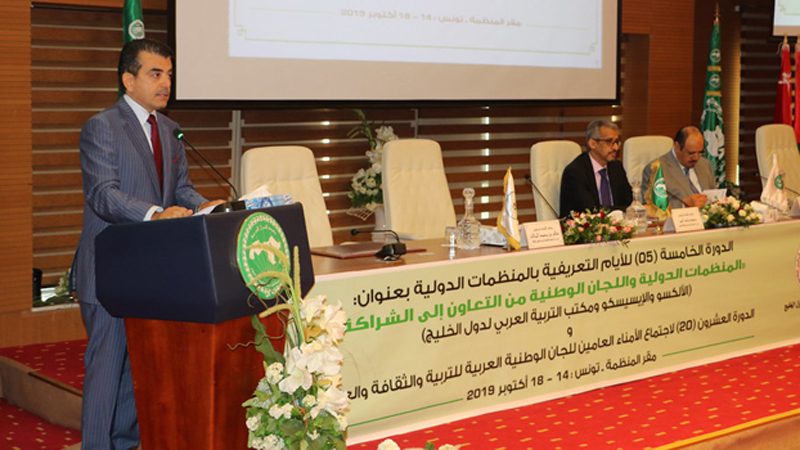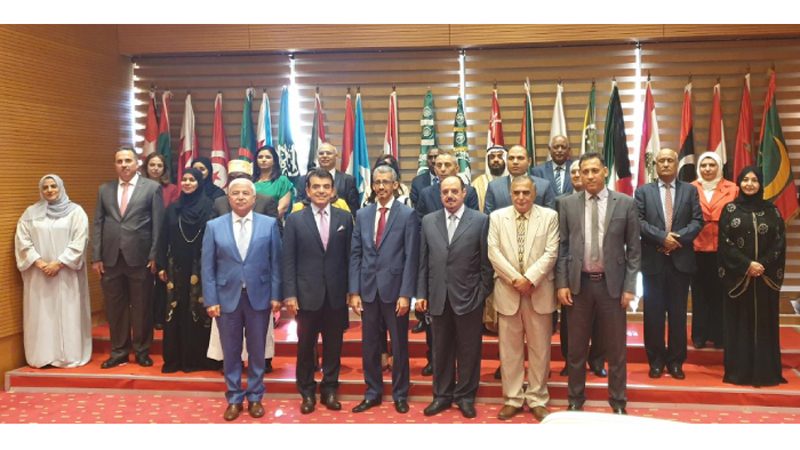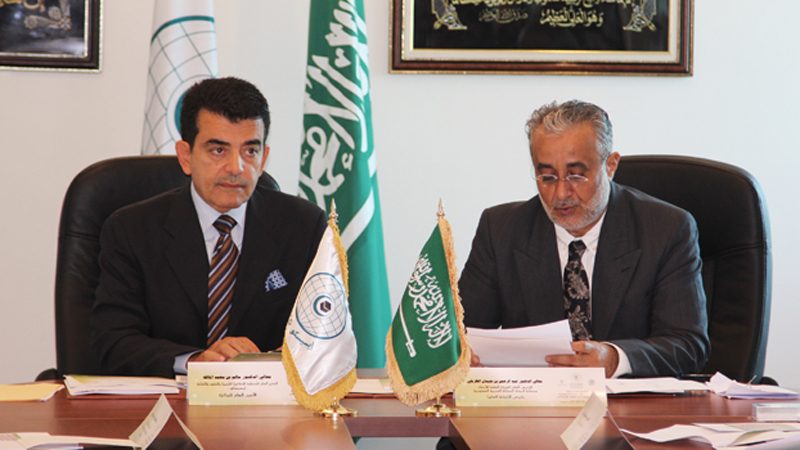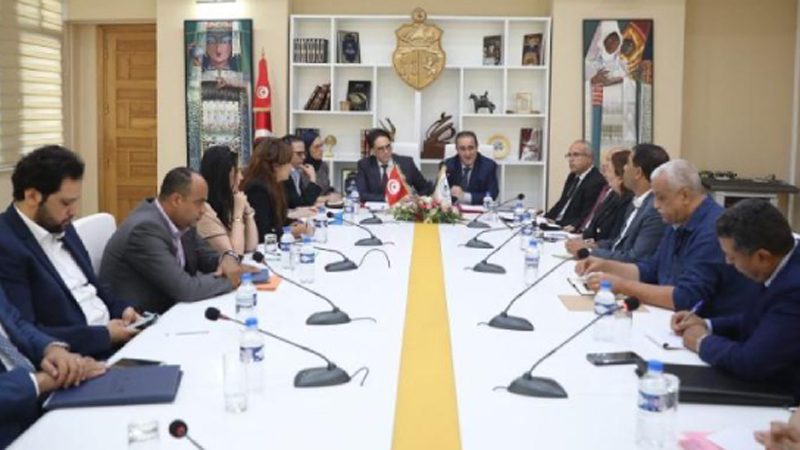The 44th Session of the Executive Council of the Islamic World Educational, Scientific, and Cultural Organization (ICESCO) concluded its proceedings on 17 January 2024. Hosted by the Kingdom of Saudi Arabia, represented in its National Commission for Education, Culture, and Science, the Council adopted all documents, reports, and projects submitted by the Organization’s General Secretariat.
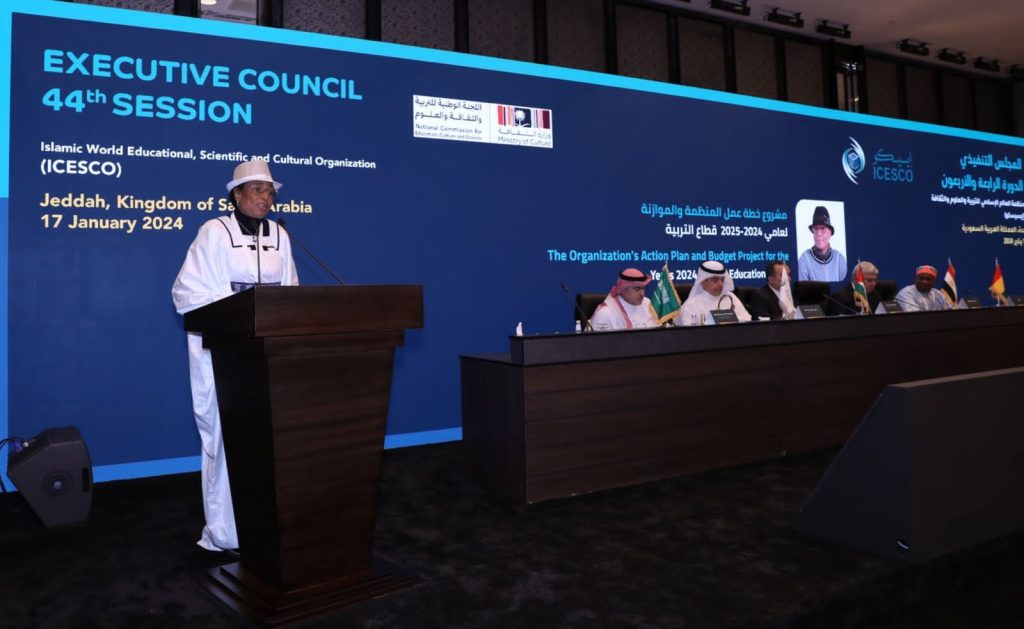
The opening session featured the respective opening remarks of Dr. Salim M. AlMalik, ICESCO Director-General, Dr. Mohamed Ayman Ashour, Minister of Higher Education and Scientific Research in Egypt, President of ICESCO General Conference, Dr. Dawas Tayseer Dawas, Chairman of the ICESCO Executive Council and Secretary-General of the Palestinian National Commission, Mr. Ahmed bin Abdulaziz Alblihed, Secretary-General of the Saudi National Commission, along with a host of ambassadors and guests of honor.
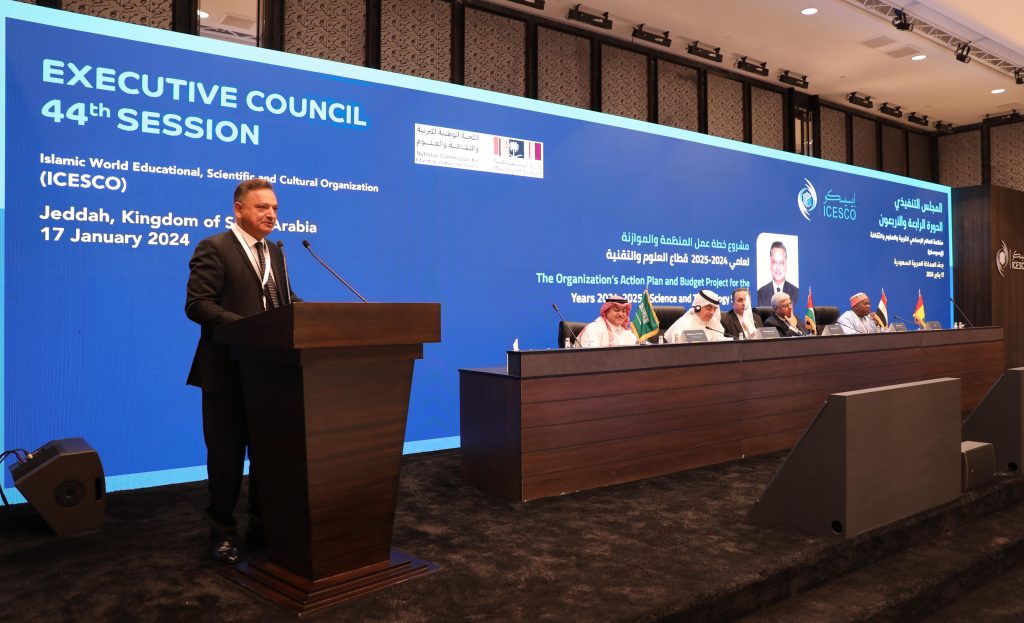
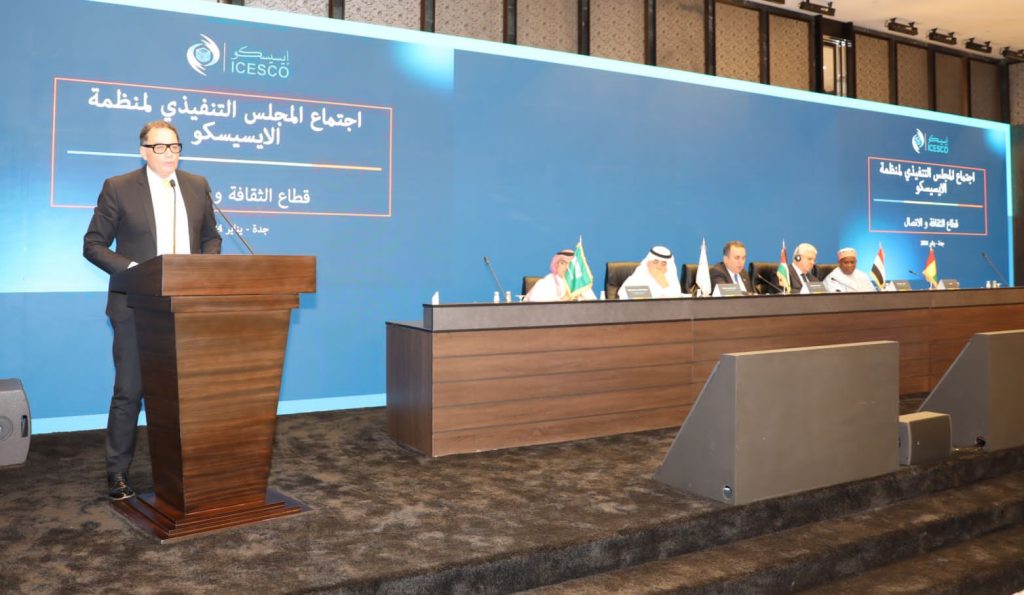
The working sessions ensued, featuring presentations by ICESCO’s sectors, departments, and specialized centers on the programs and projects executed in the current year, along with their plans for the upcoming year. These sessions witnessed active discussions and statements from the Council Members concerning the documents and plans presented by the Organization’s General Secretariat. In response to the statements, Dr. AlMalik, reaffirmed the Organization’s openness to proposals from the National Commissions, stating that it will take their observations into consideration.
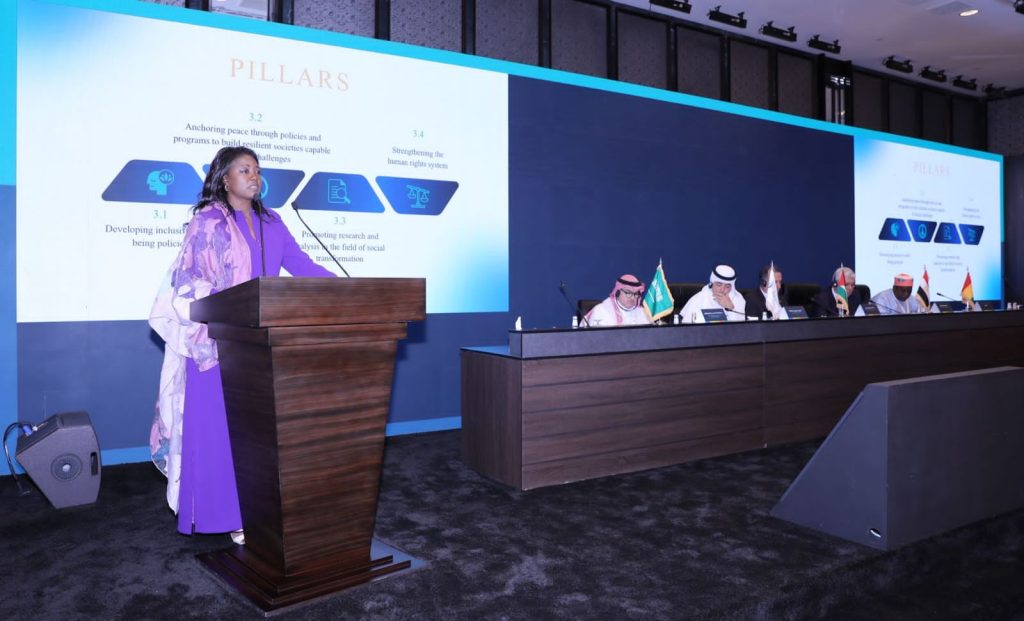
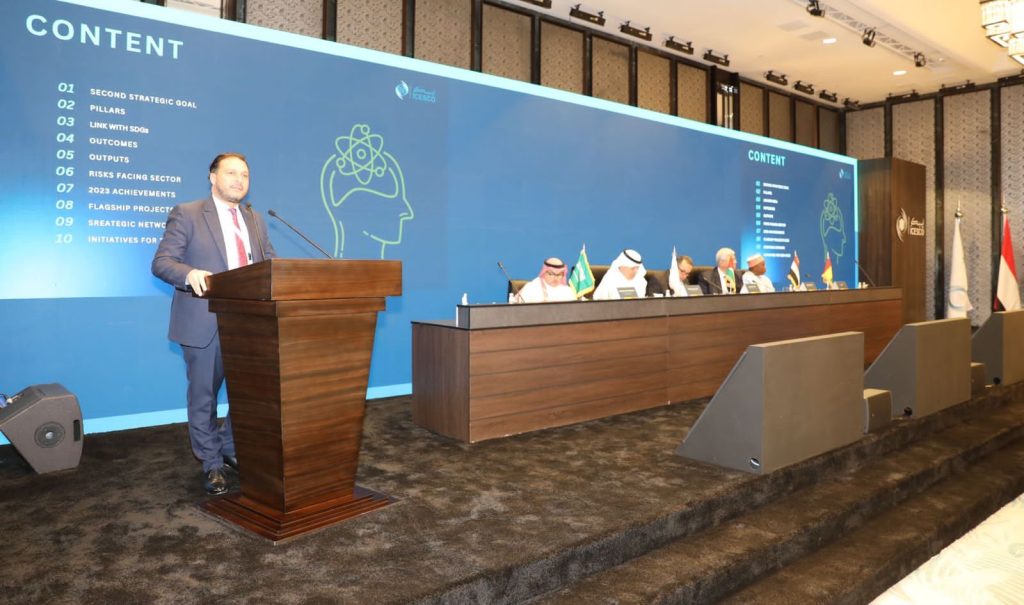
The Council’s proceedings included the adoption of the Executive Report detailing ICESCO’s activities in 2023, the Financial Reports for 2022, the Draft Action Plan and Budget for 2024-2025, the Report on the Contributions of the Member States for the Financial Year 2022, and a set of administrative and legal documents and proposals.
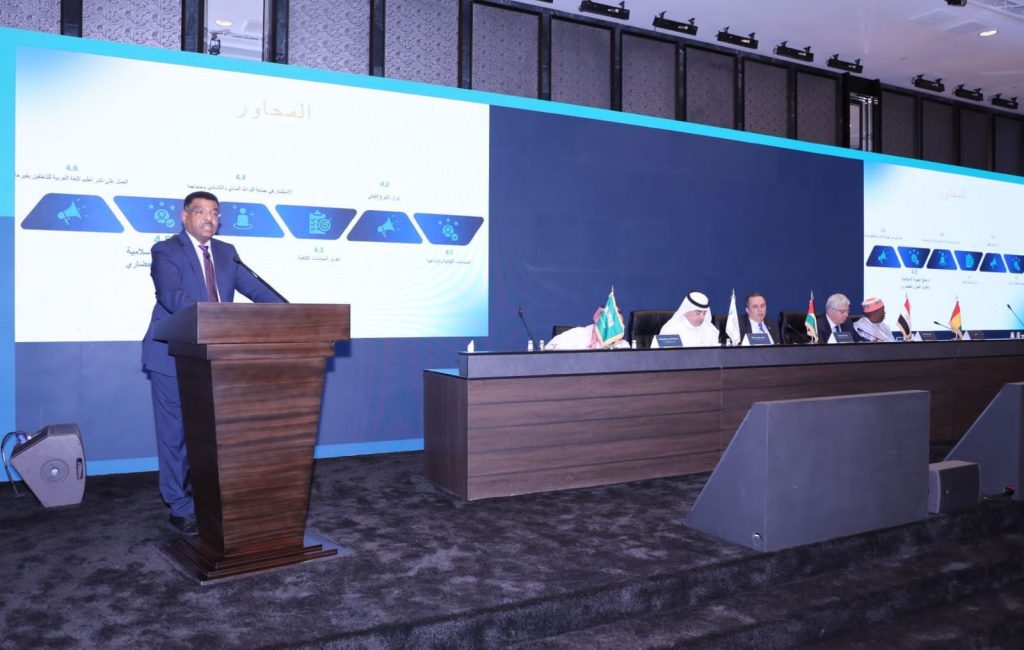
During the session, a video presentation titled “ICESCO’s Journey with ISO Certification” was screened, providing a comprehensive overview of ICESCO’s attainment of a number of ISO certificates in the fields of resource, quality and risk management.
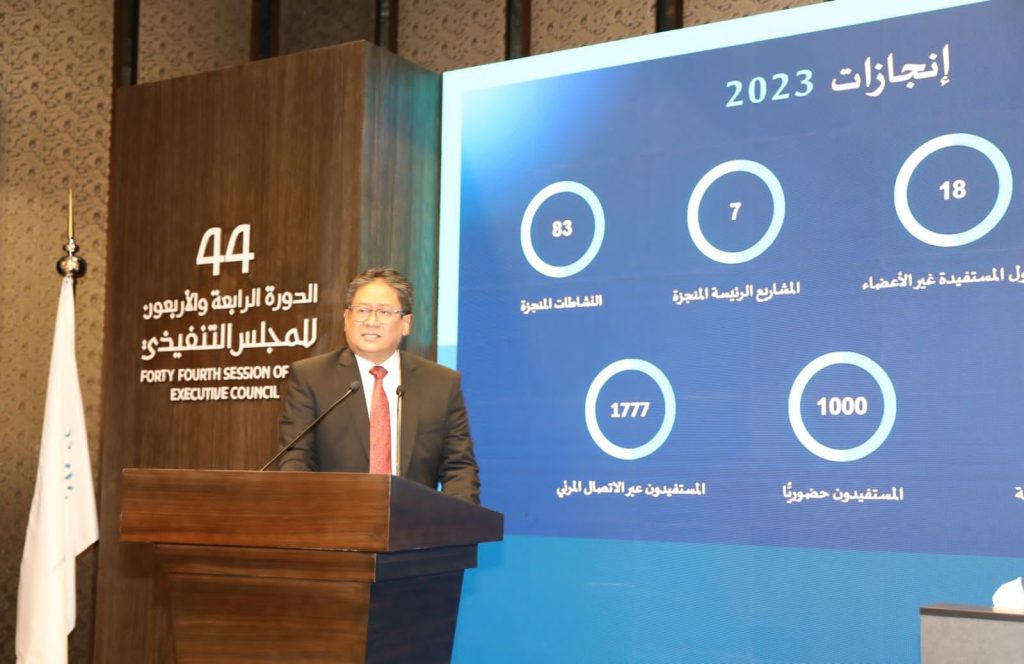
Furthermore, the Report of the Palestinian National Commission addressed the educational and cultural situation in Palestine since the onset of the Israeli occupation’s attack began on 7 October 2023, stressing its selective and destructive targeting of heritage sites, educational and cultural institutions.
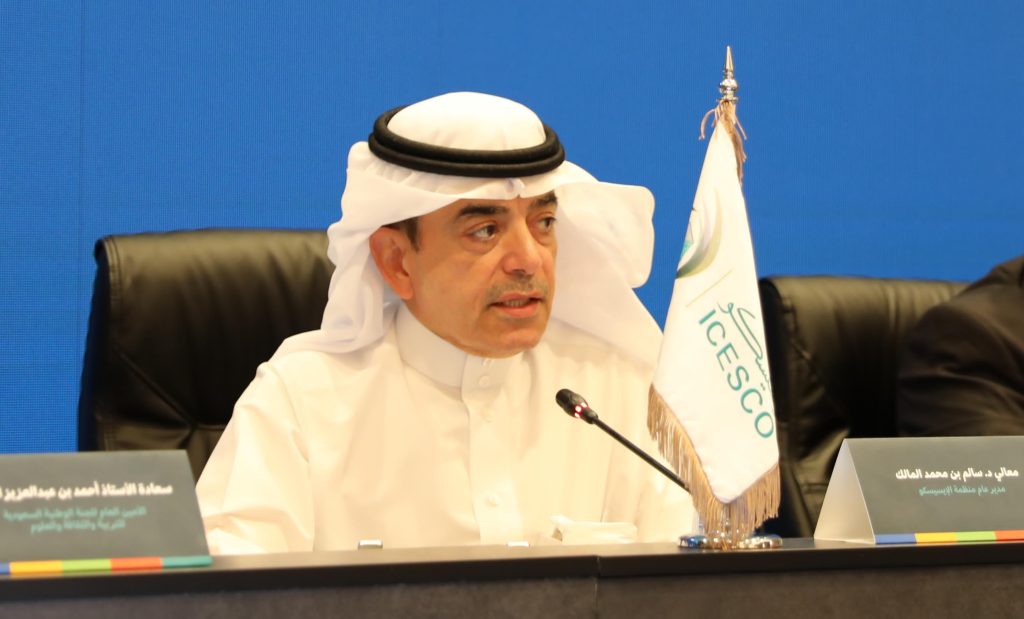
The Saudi Institute of Public Administration also put forth a proposal for a new organizational structure for ICESCO, involving the creation of new sectors and centers, in harmony with the Organization’s new vision and strategic orientations.
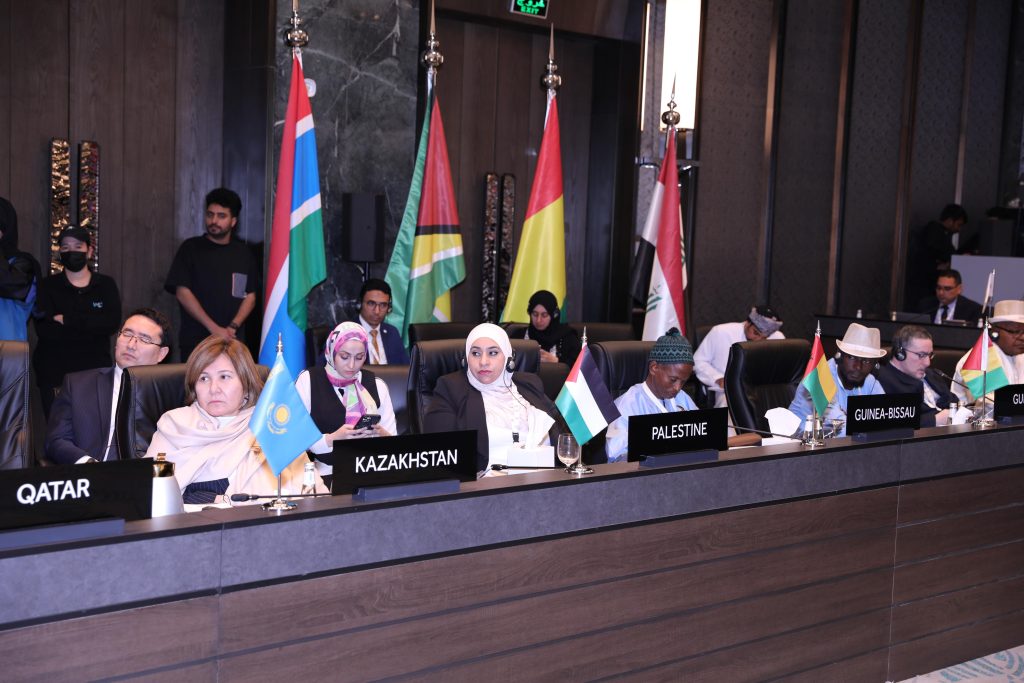
Additionally, the Secretary-General of the Saudi National Commission announced Saudi Arabia’s request to host ICESCO’s 15th General Conference in 2025. Moreover, the Saudi government pledged to offer 200 scholarships in Saudi universities to outstanding students from Islamic countries, starting from the upcoming academic year.
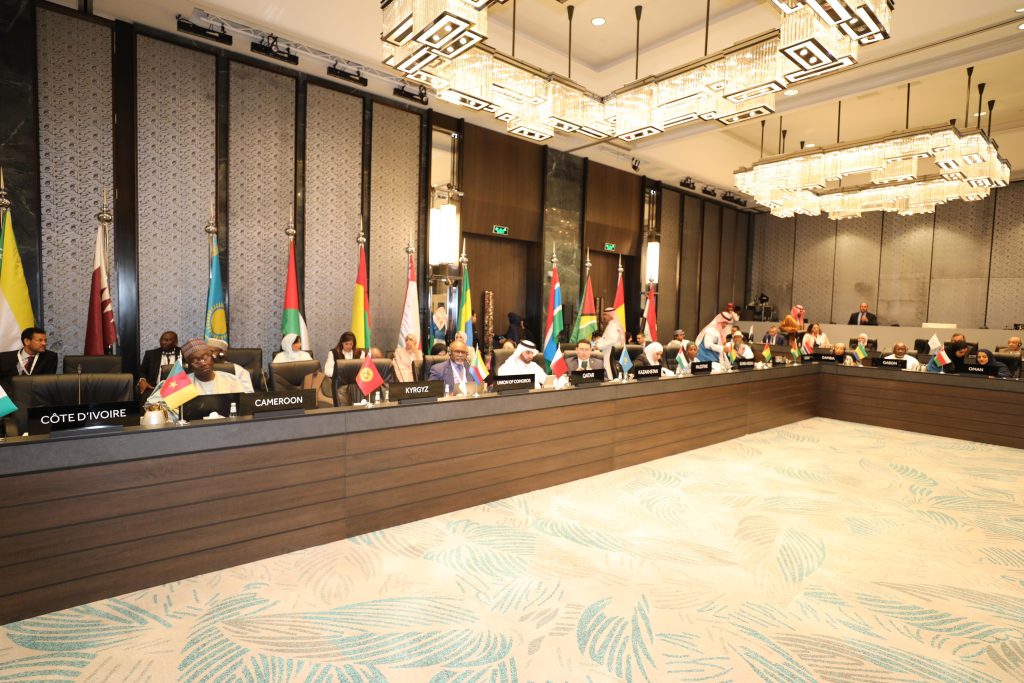
In his closing remarks, Dr. AlMalik expressed gratitude to the Members of the Executive Council for their profound contributions and discussions, and constructive proposals. He also thanked them for the adoption of all documents submitted by the General Secretariat, viewing this as a catalyst for all ICESCO sectors, departments, and centers to elevate their aspirations and intensify efforts in pursuit of the Organization’s ambitious goals.
